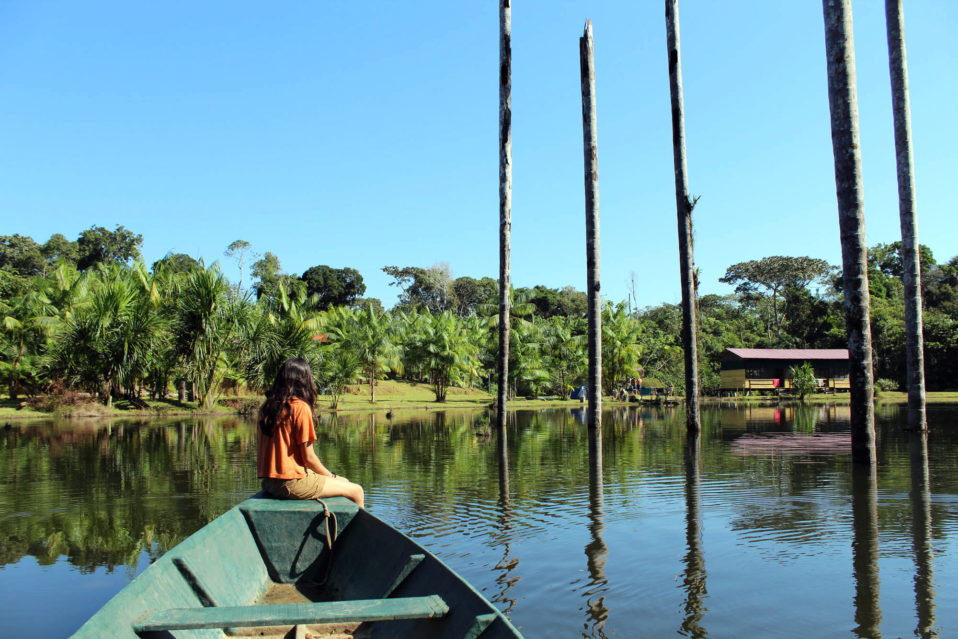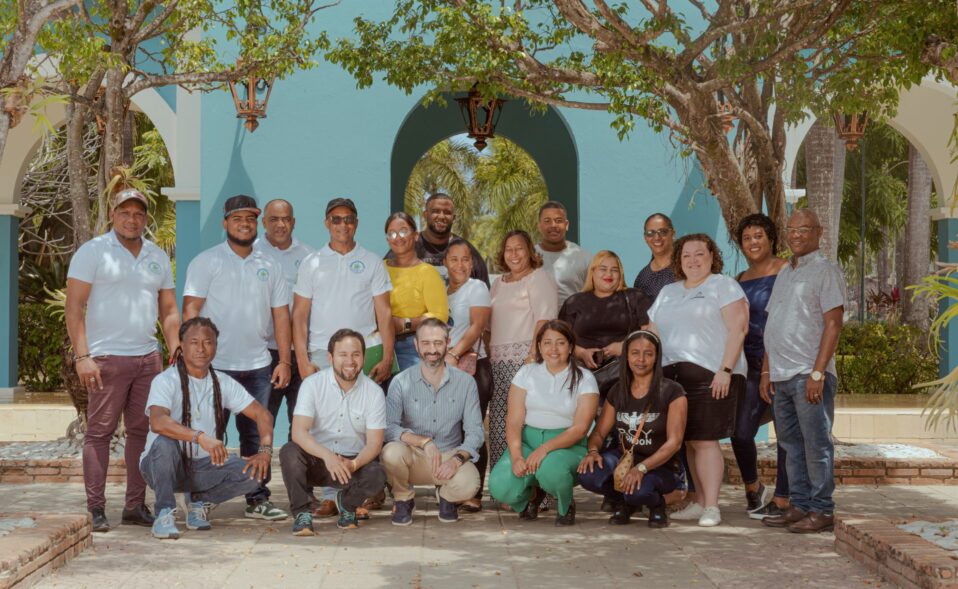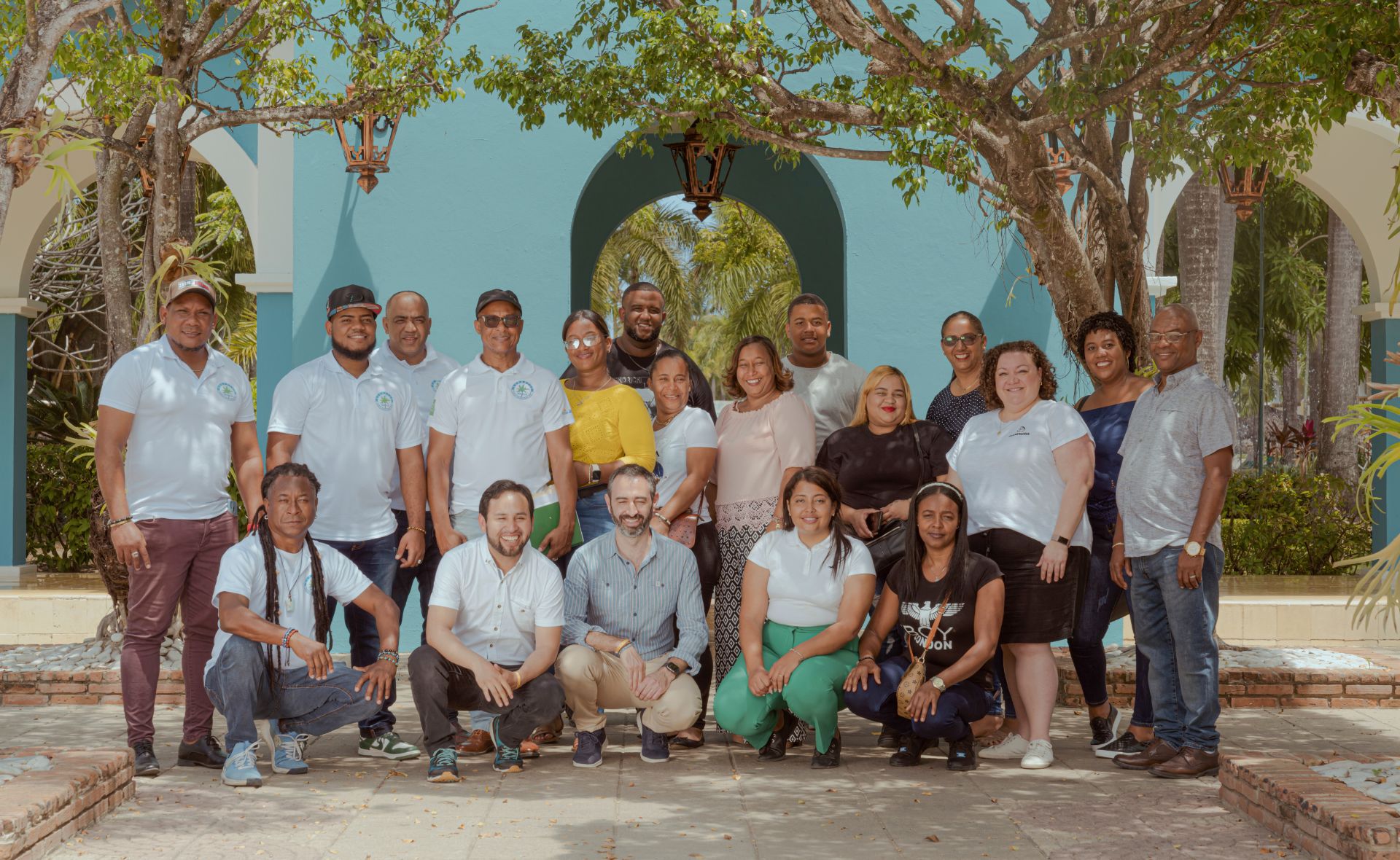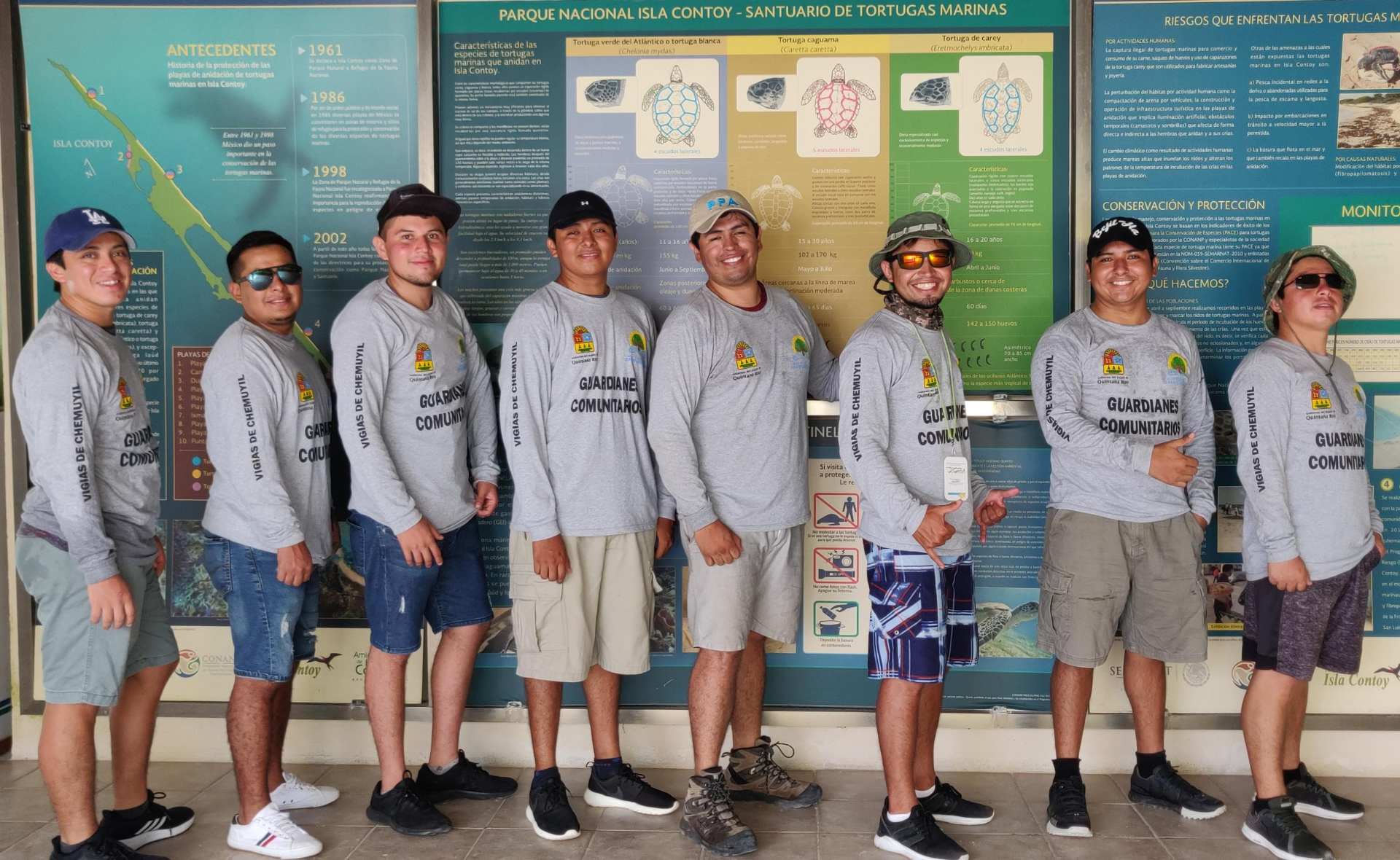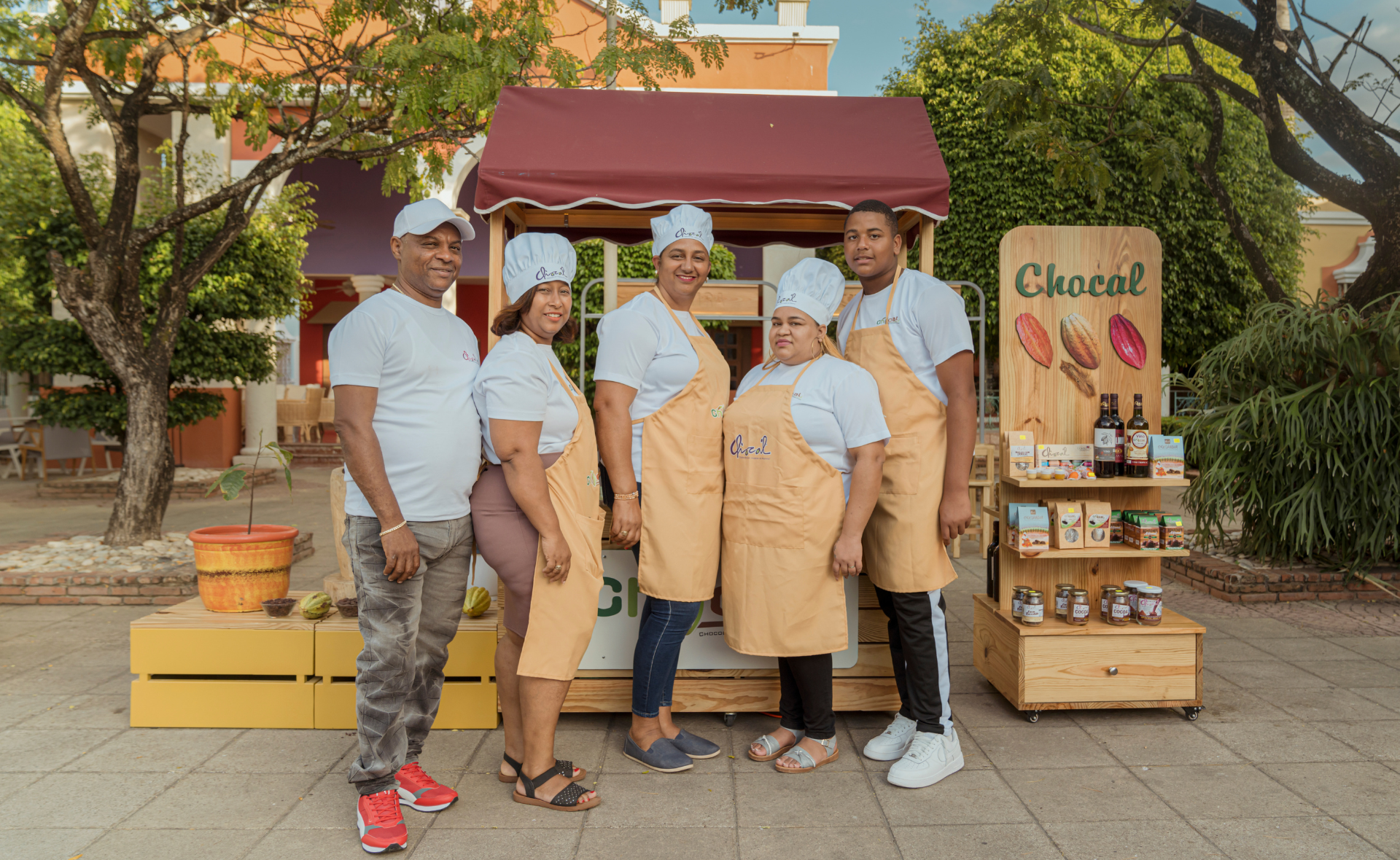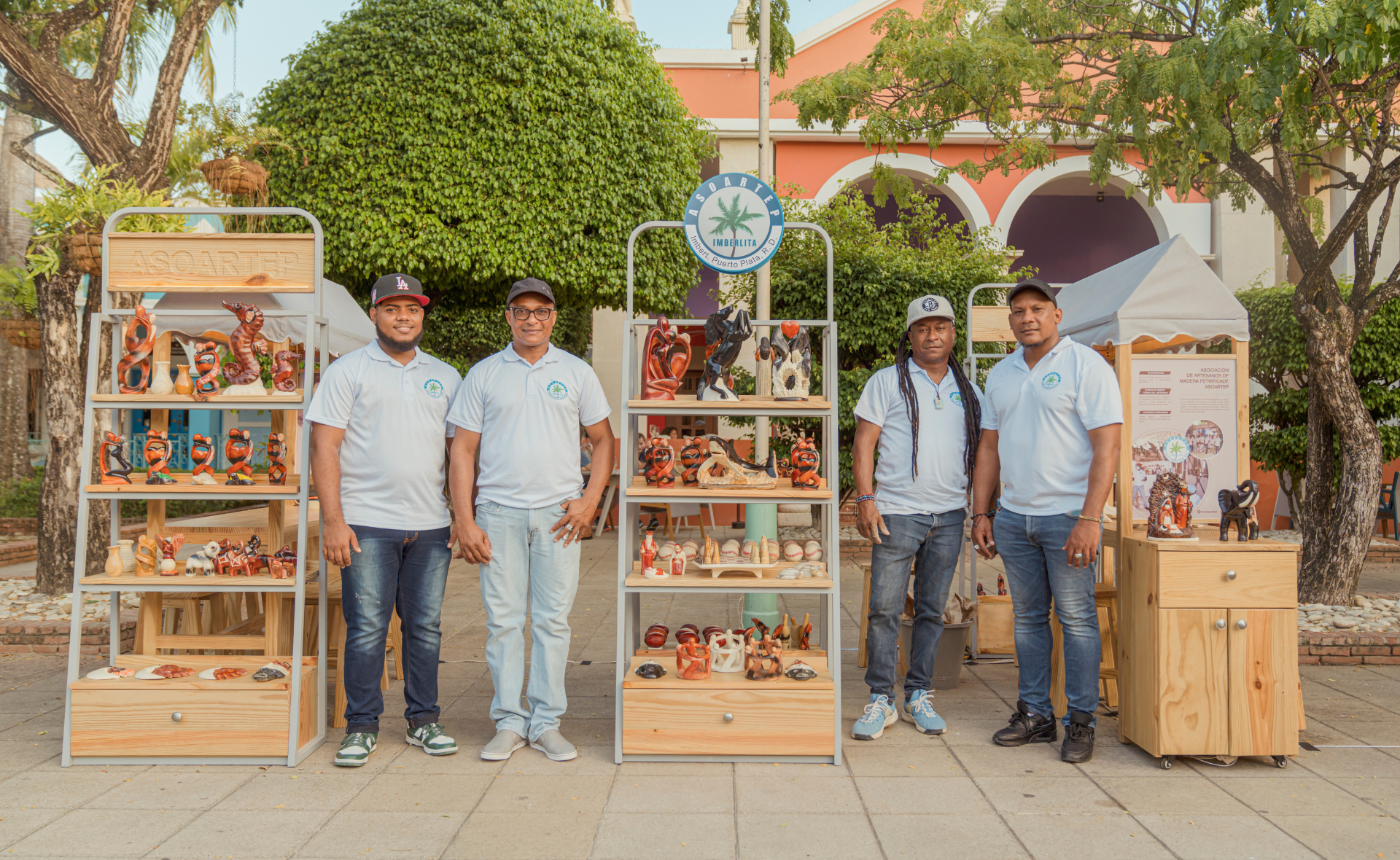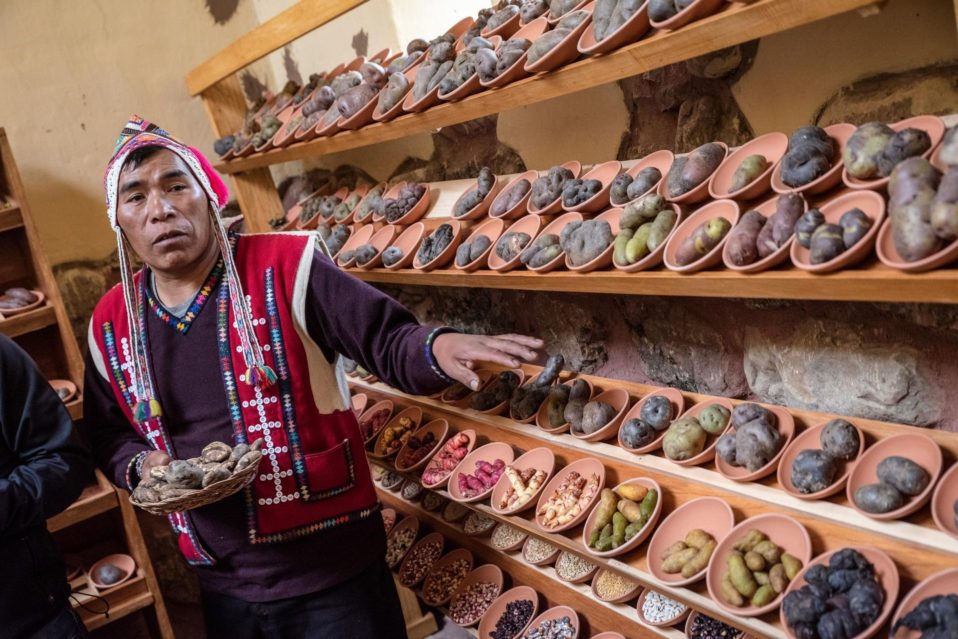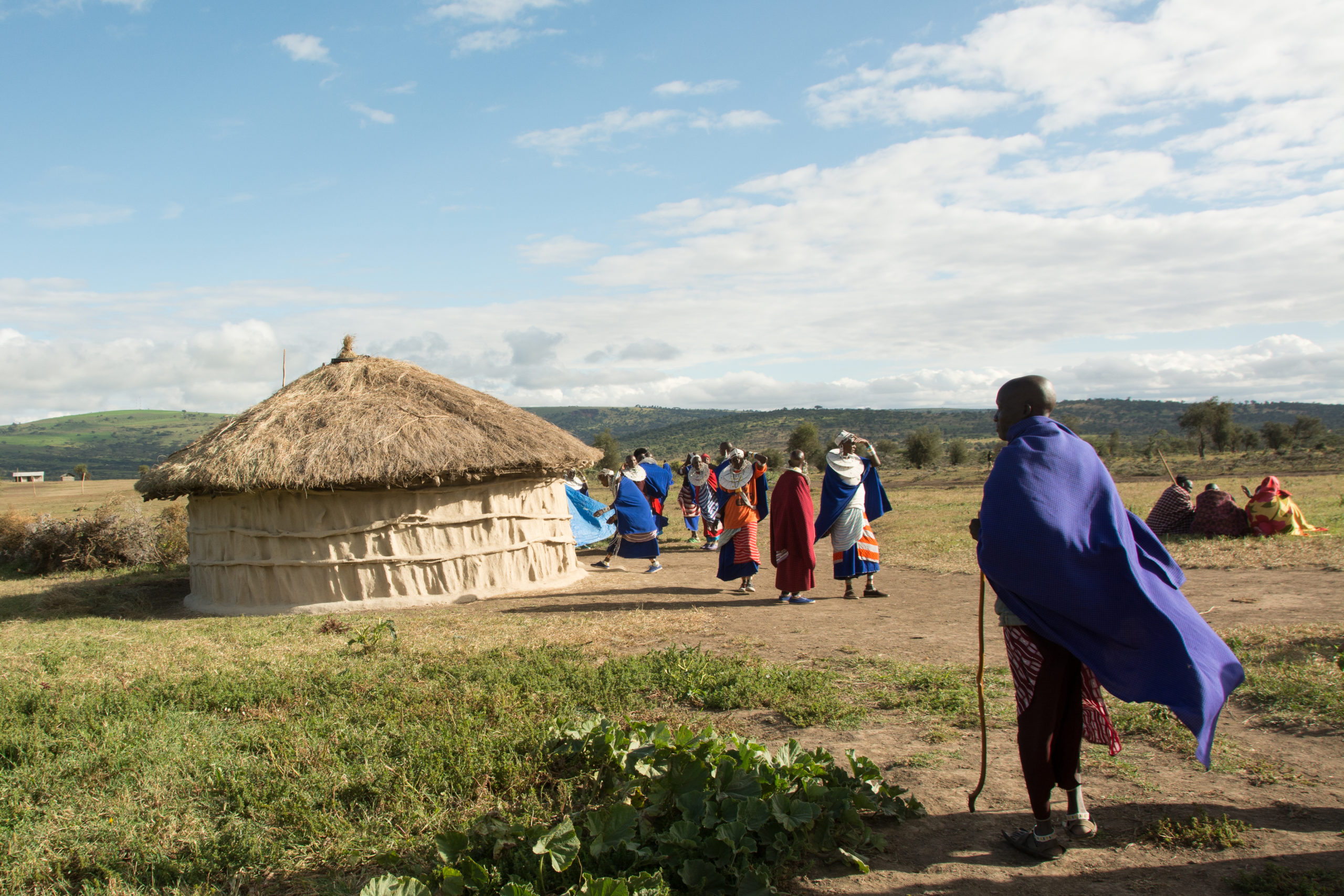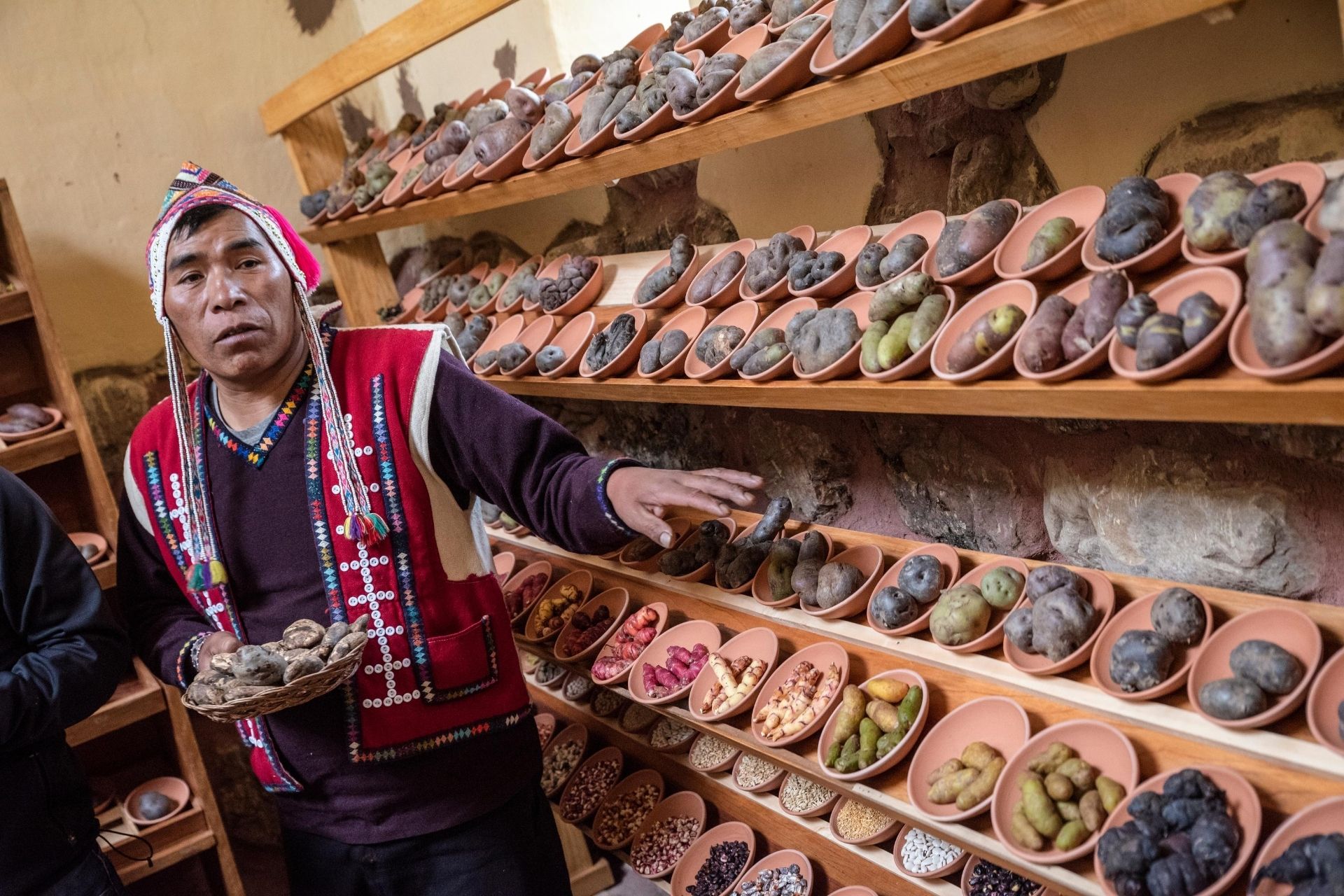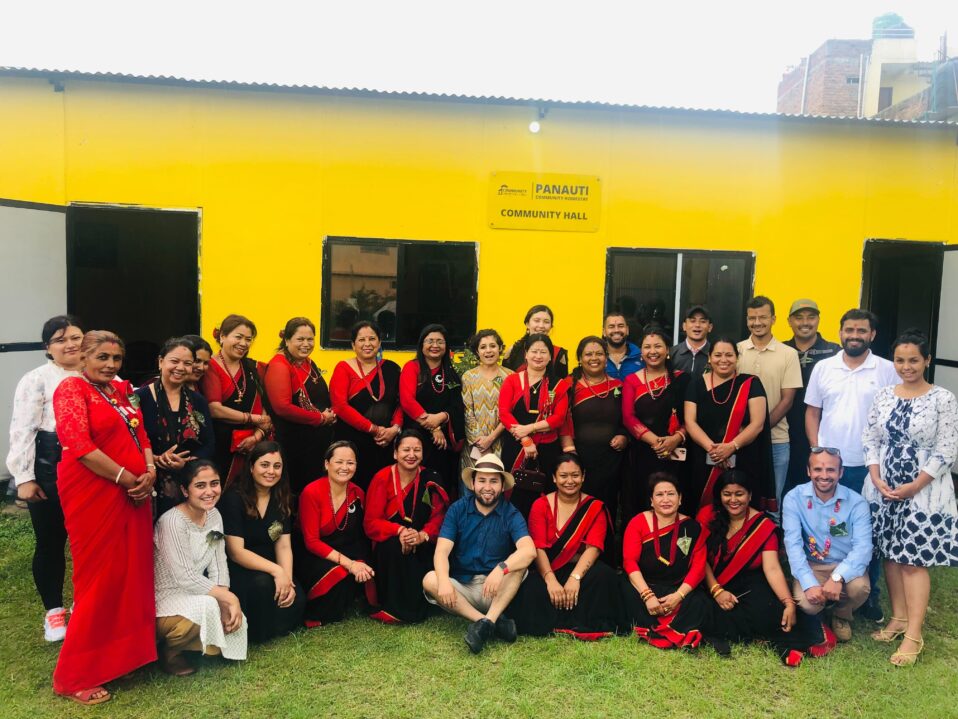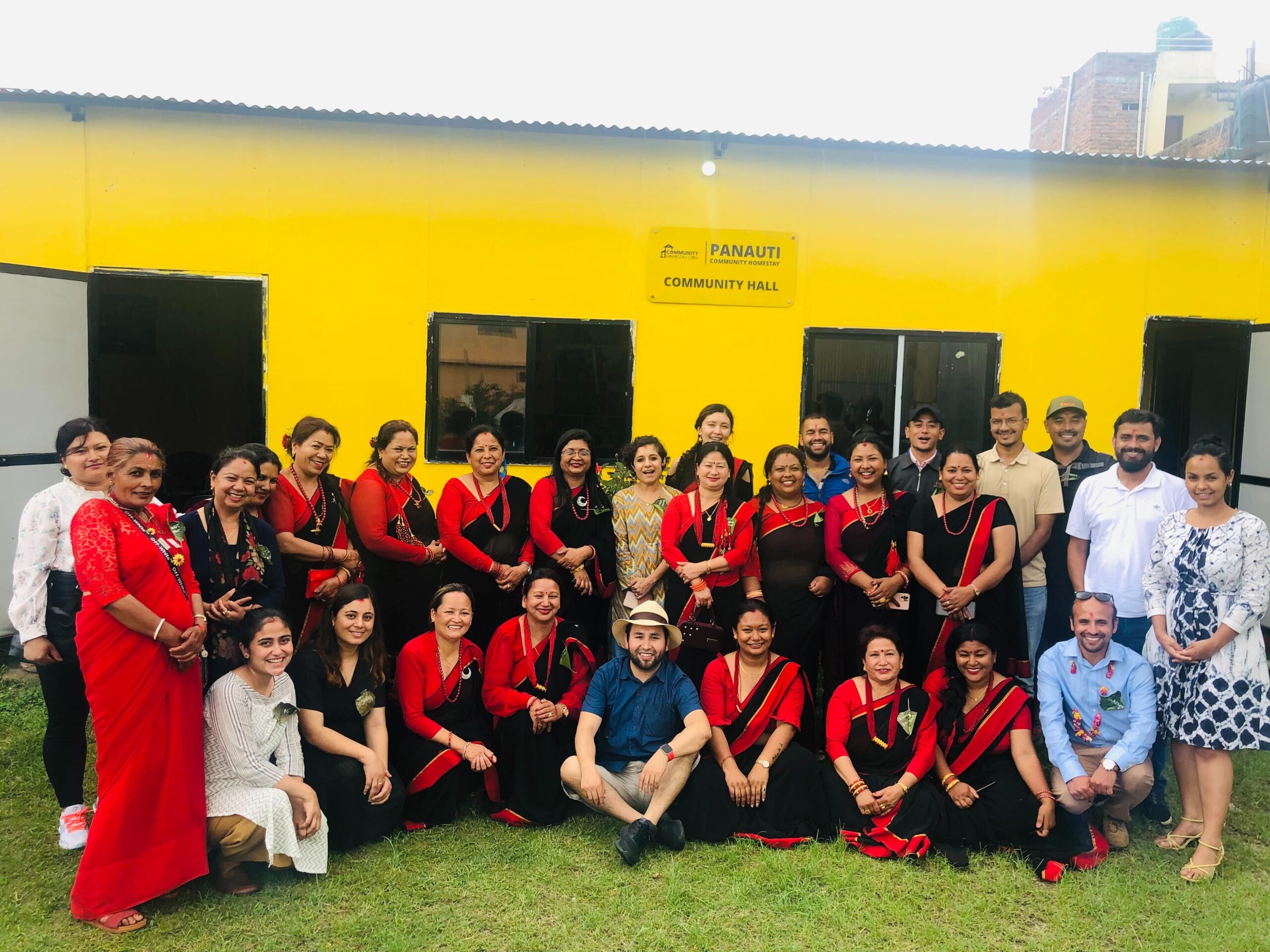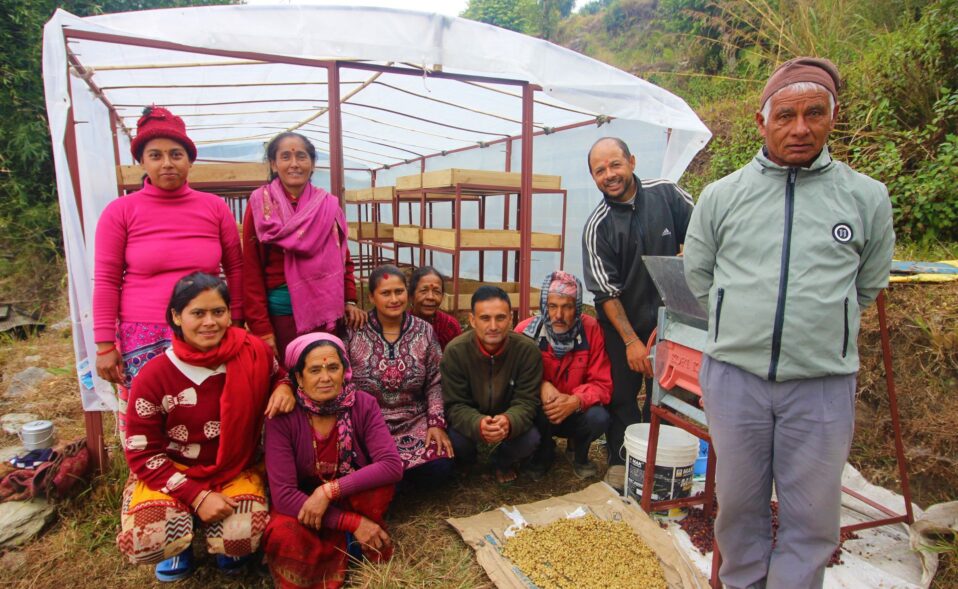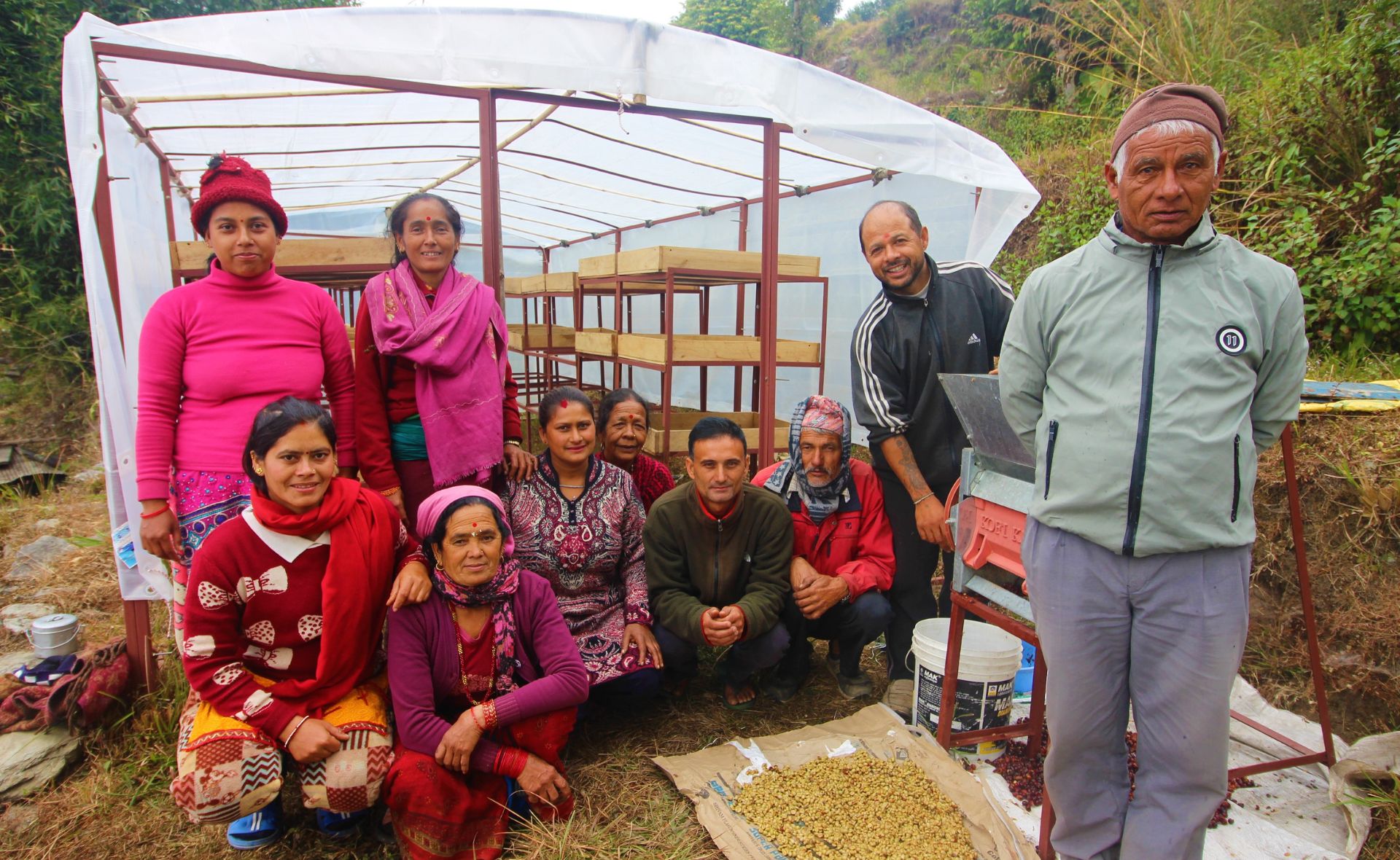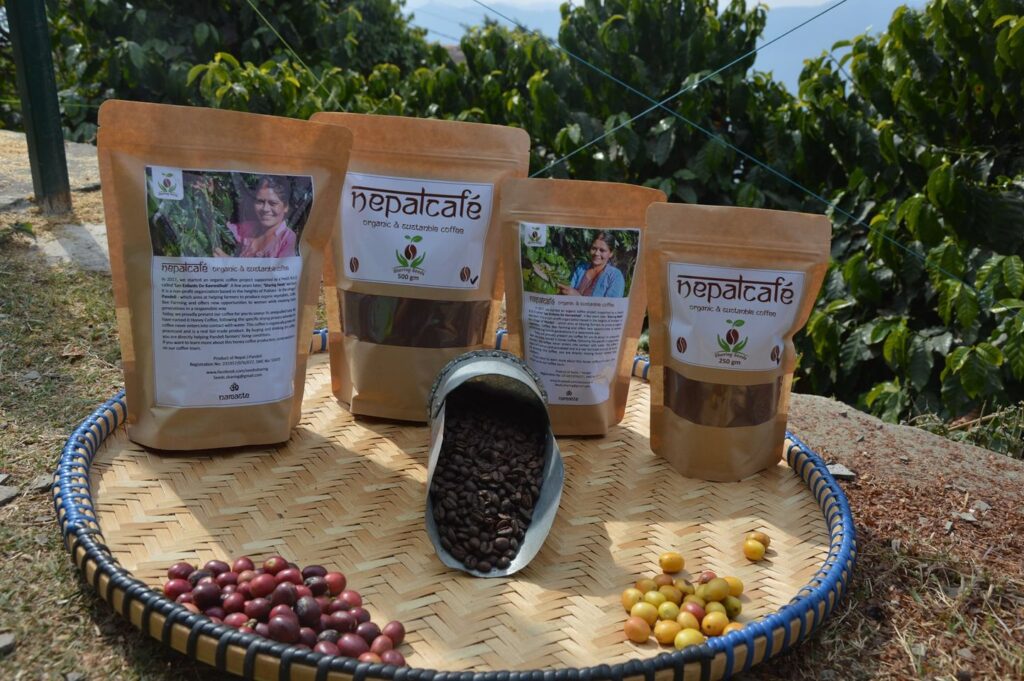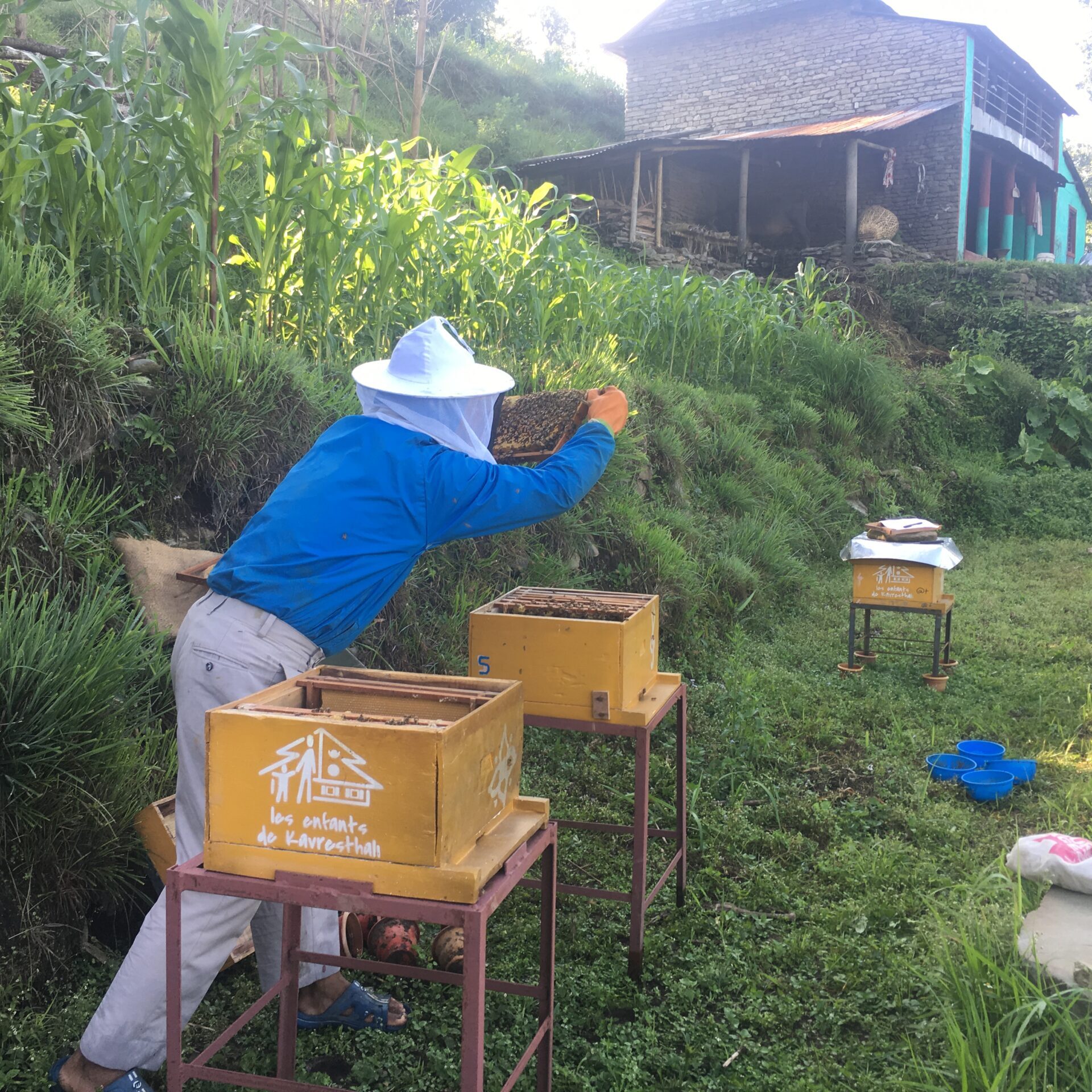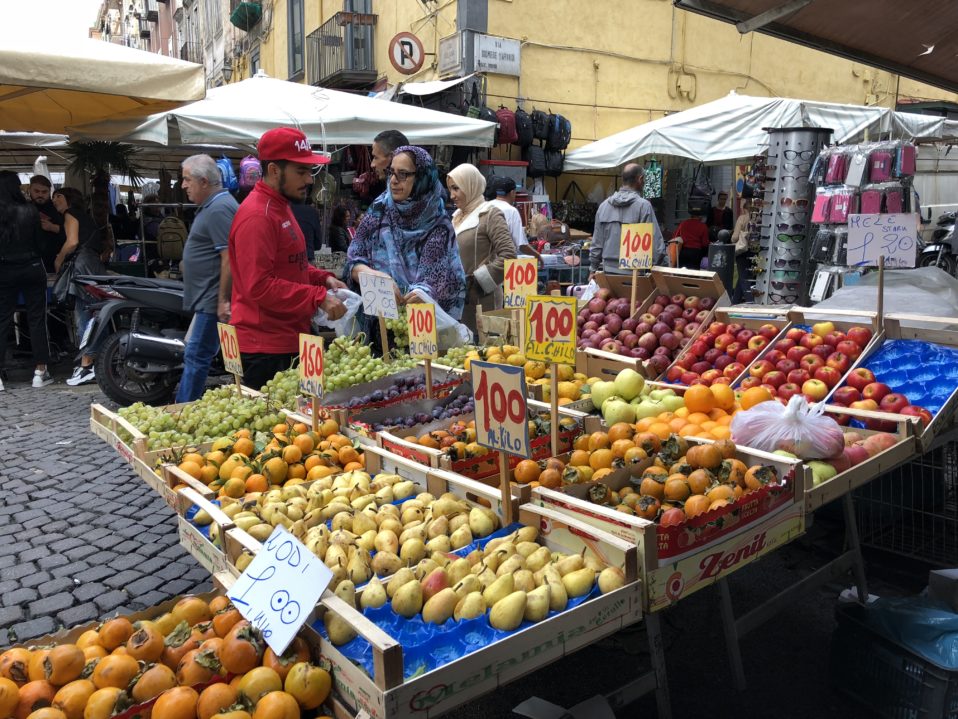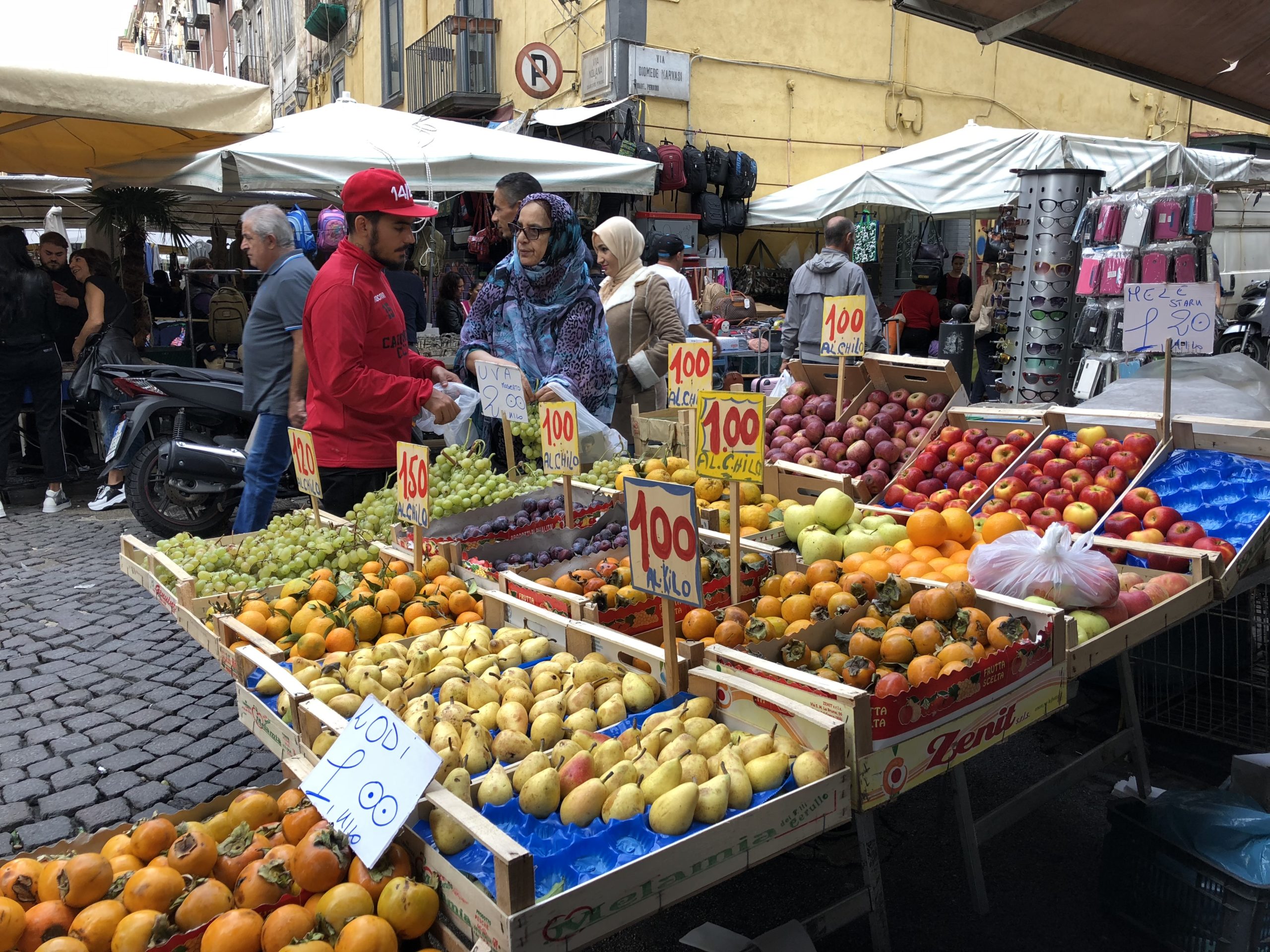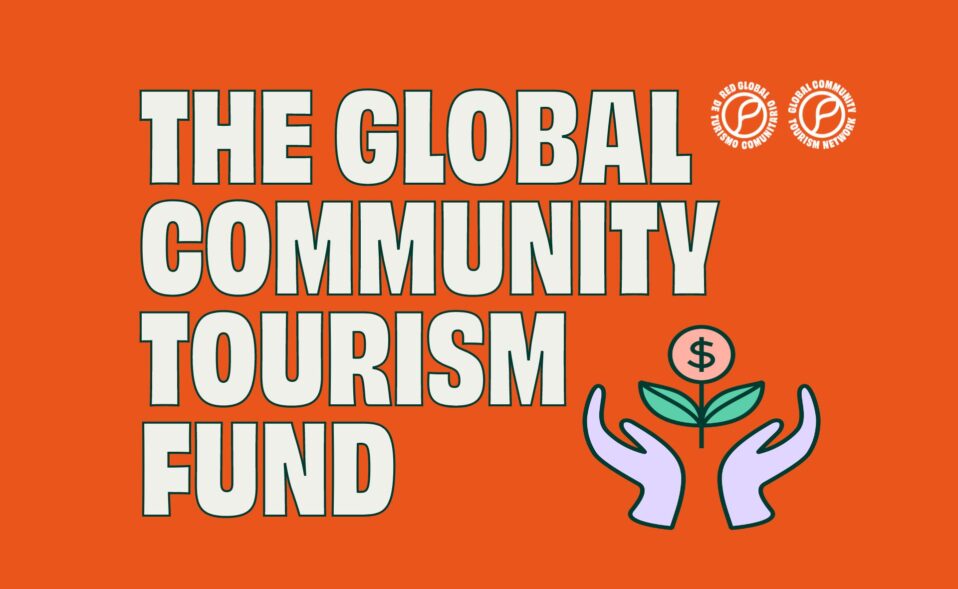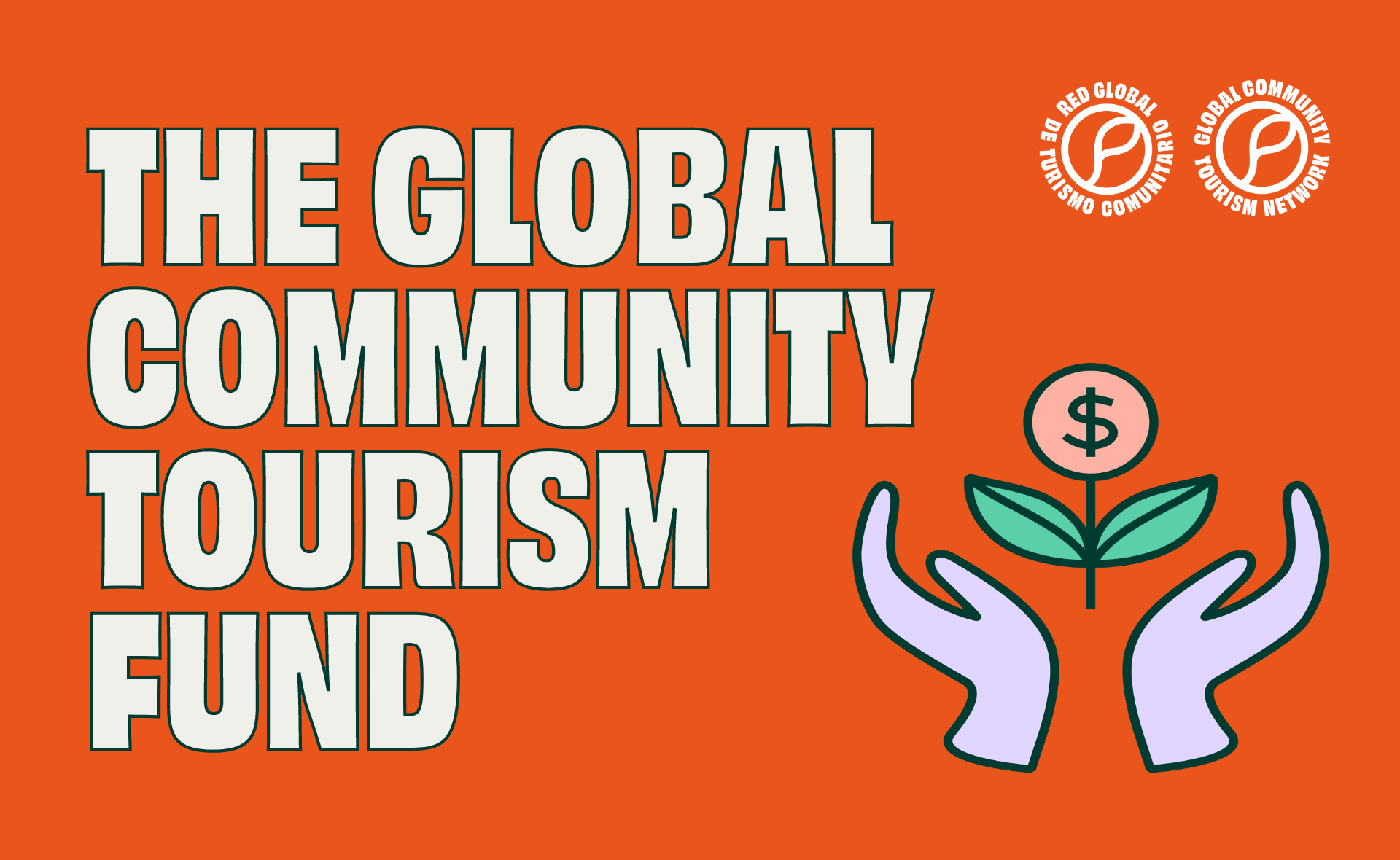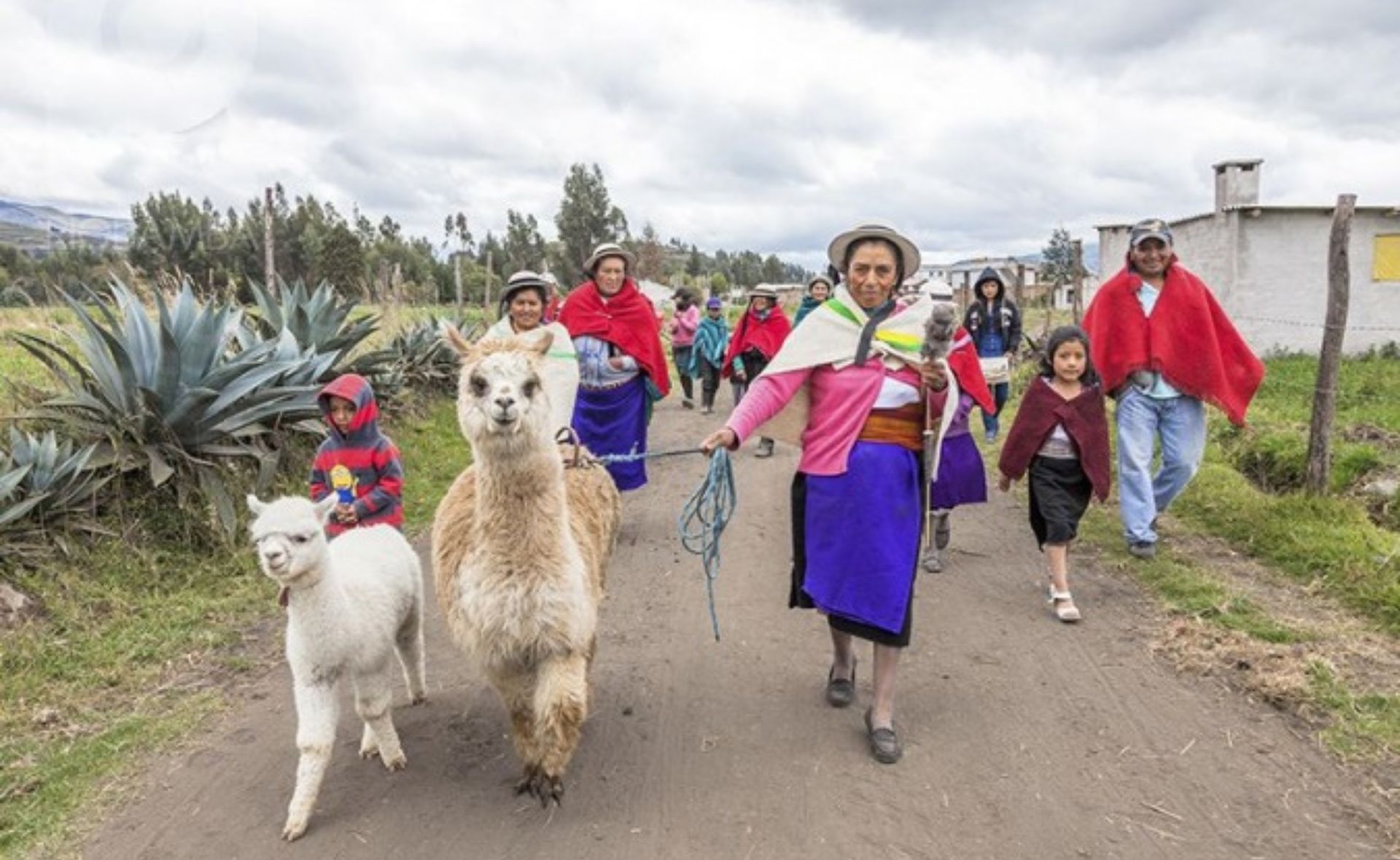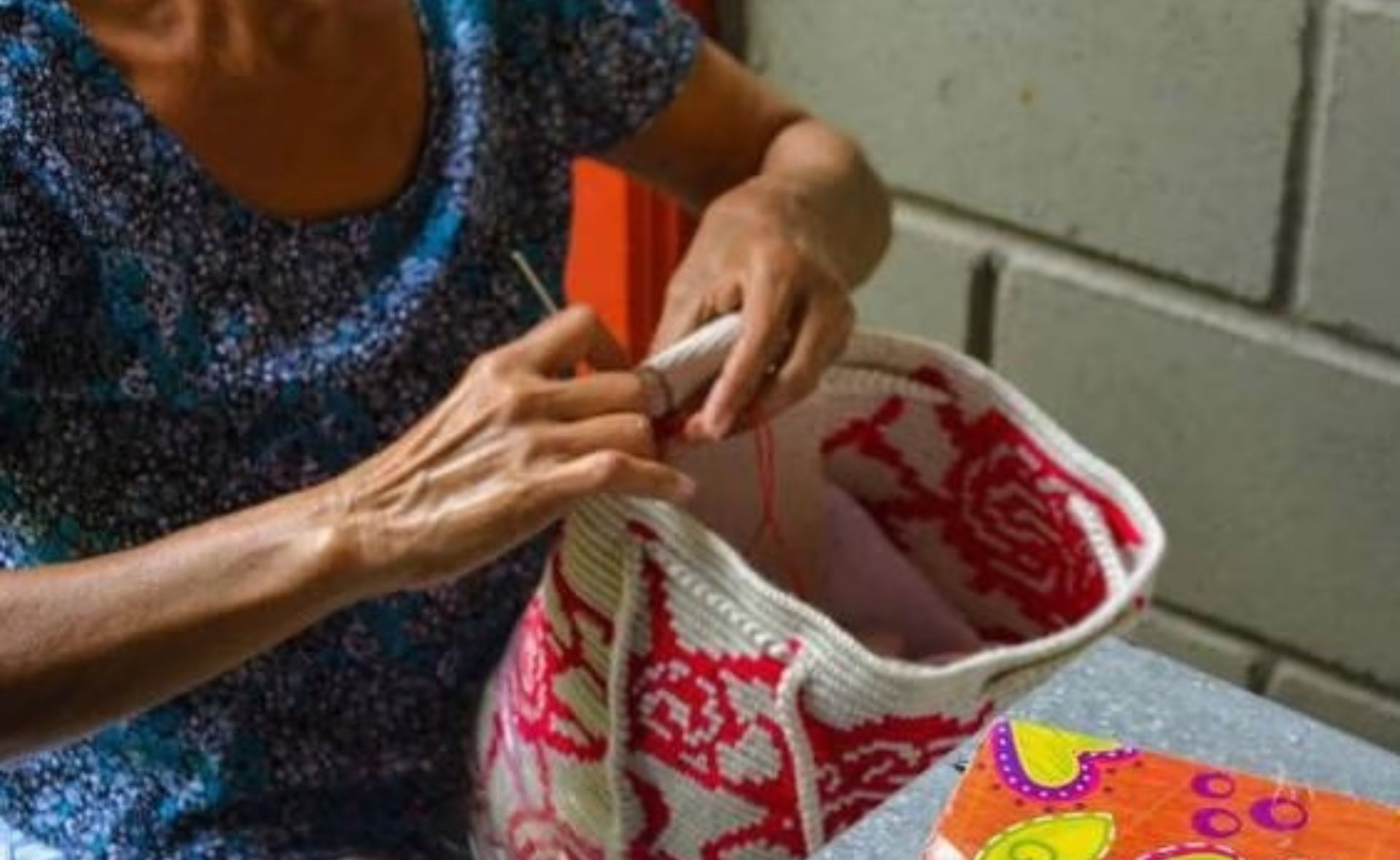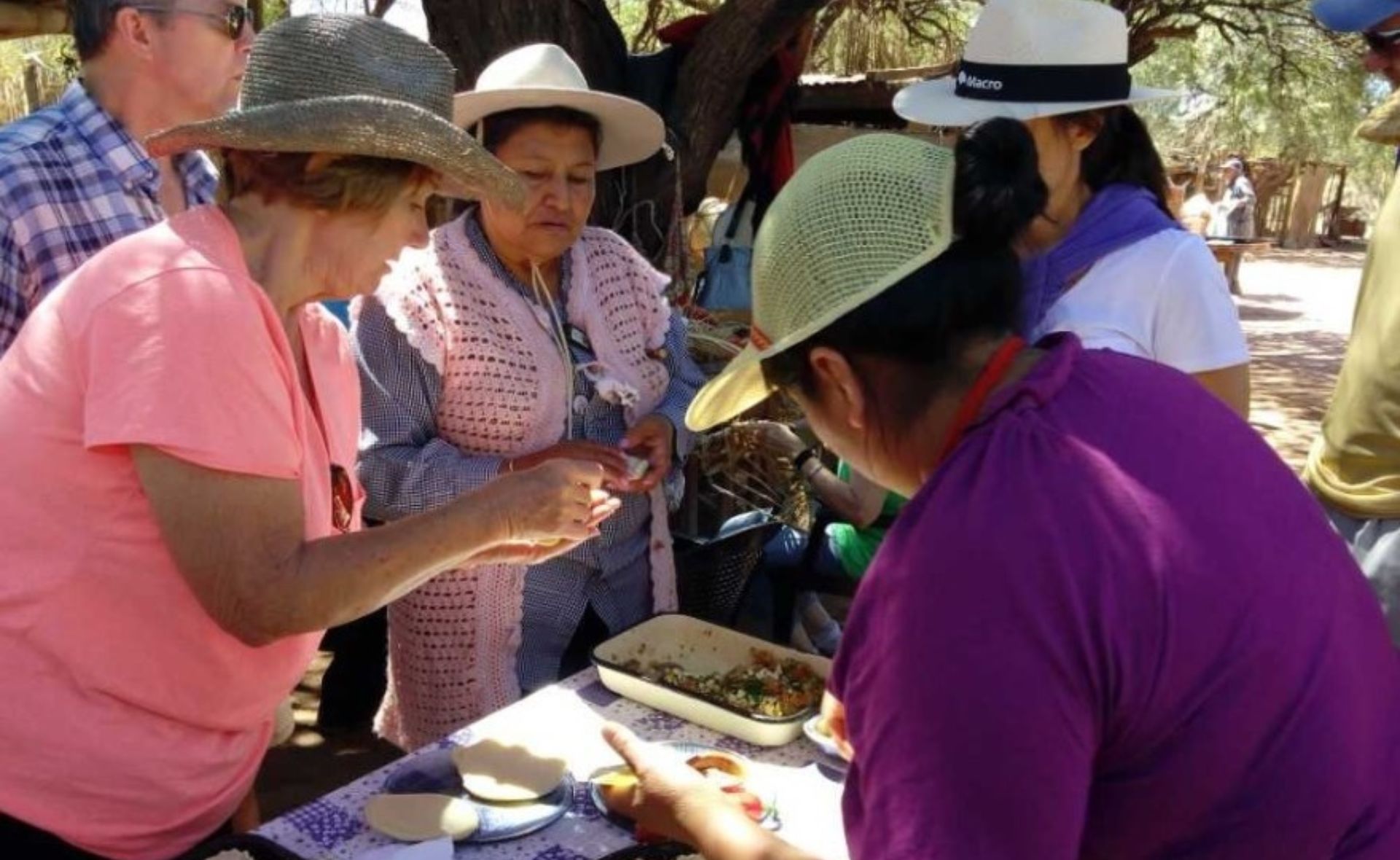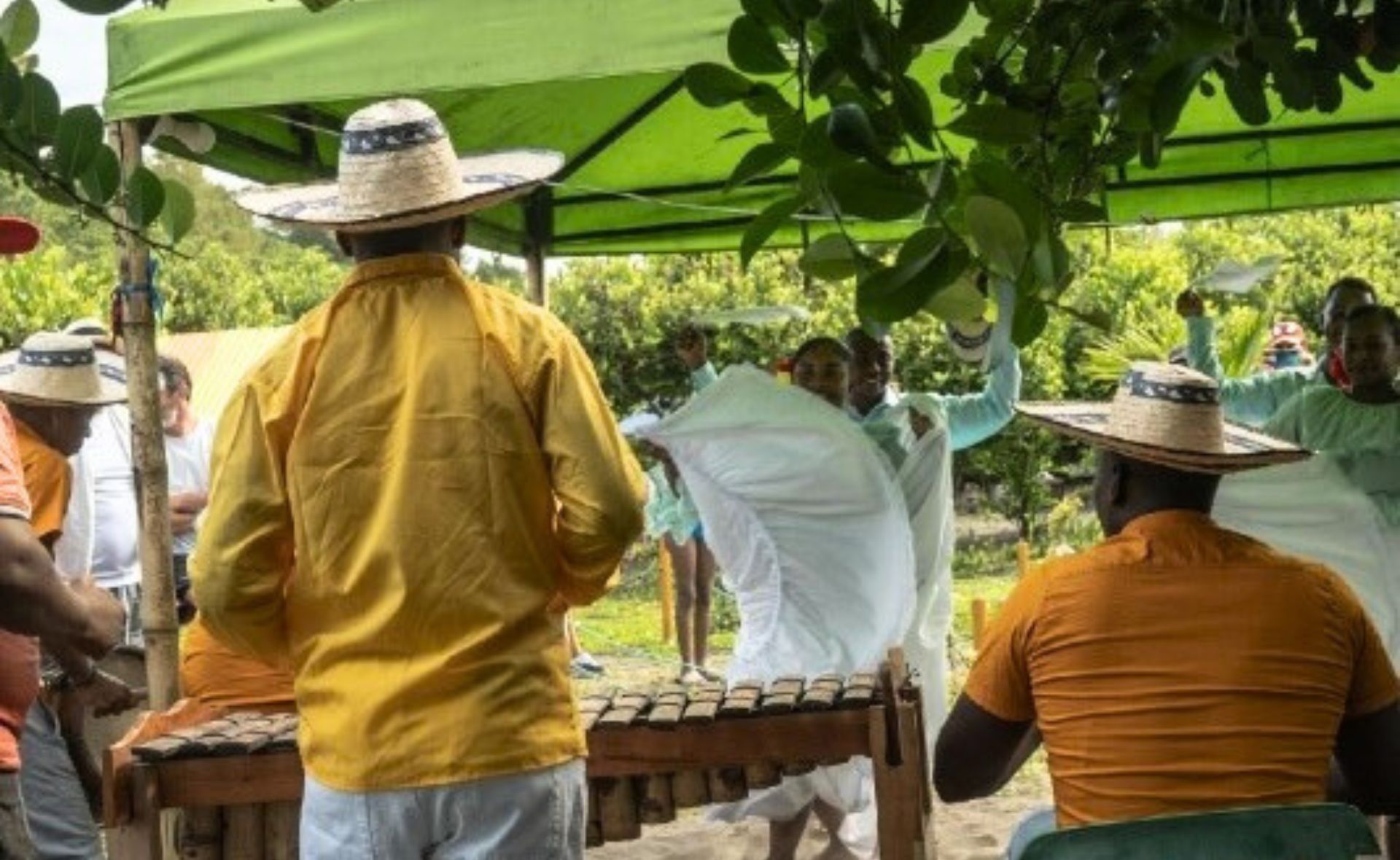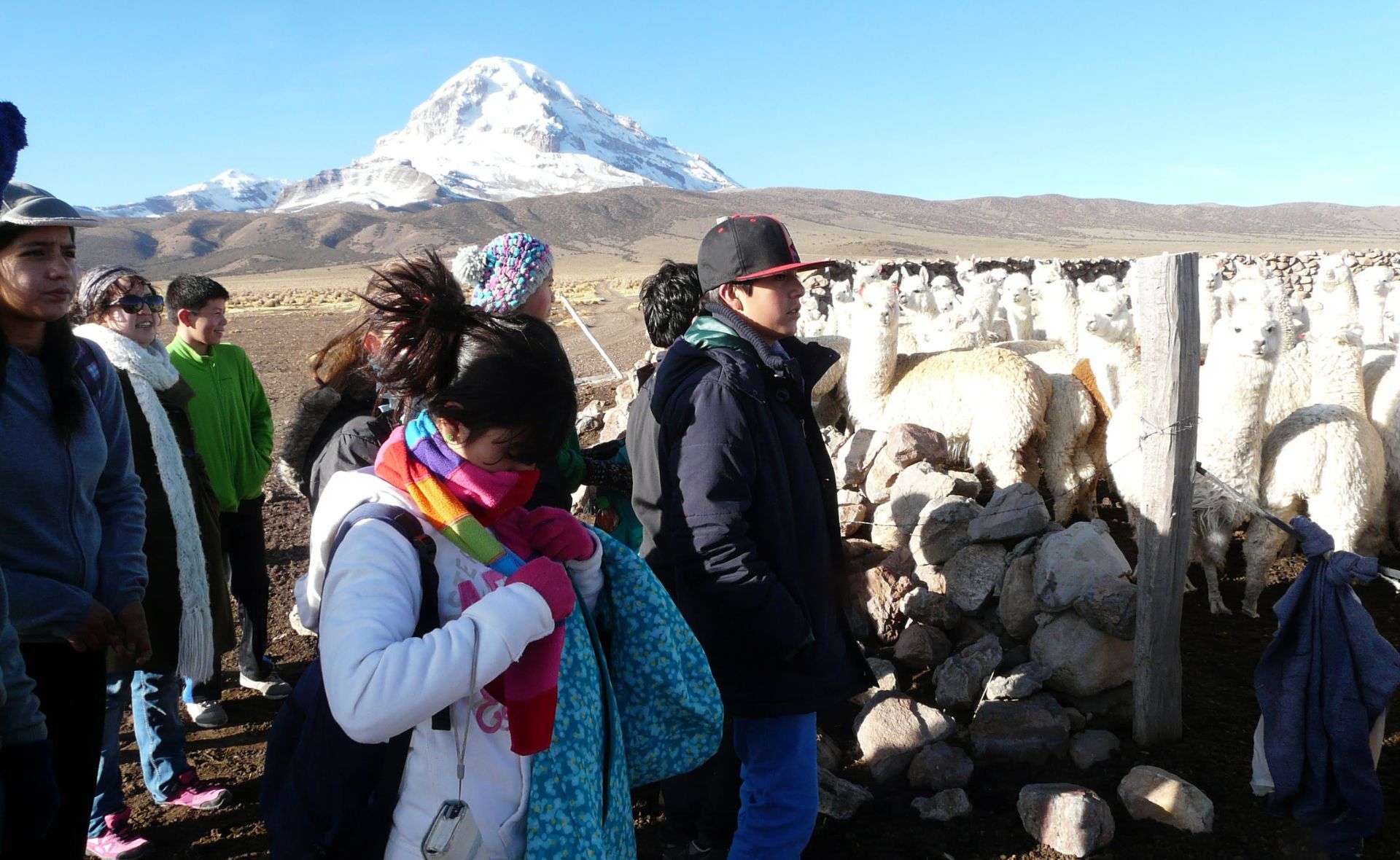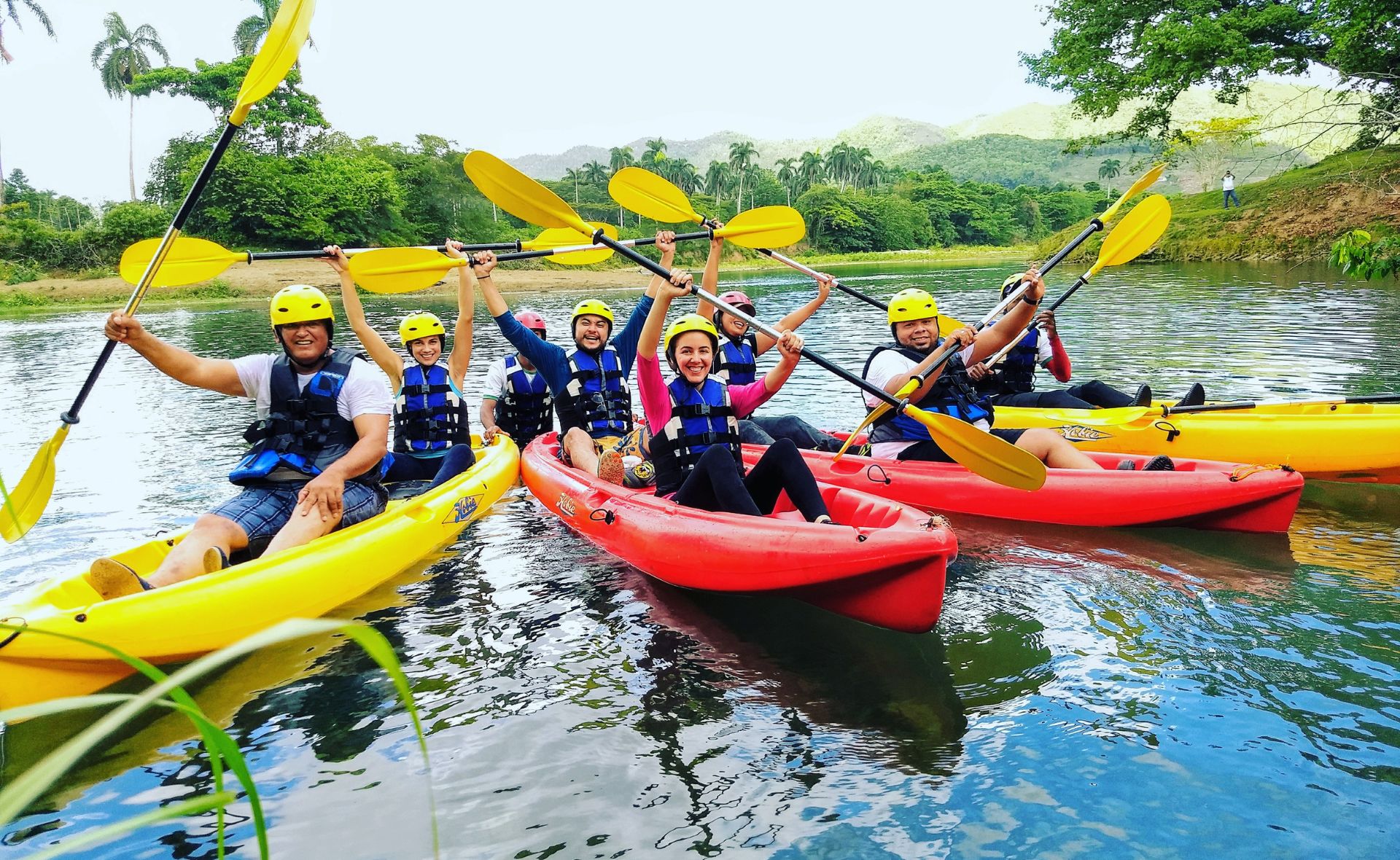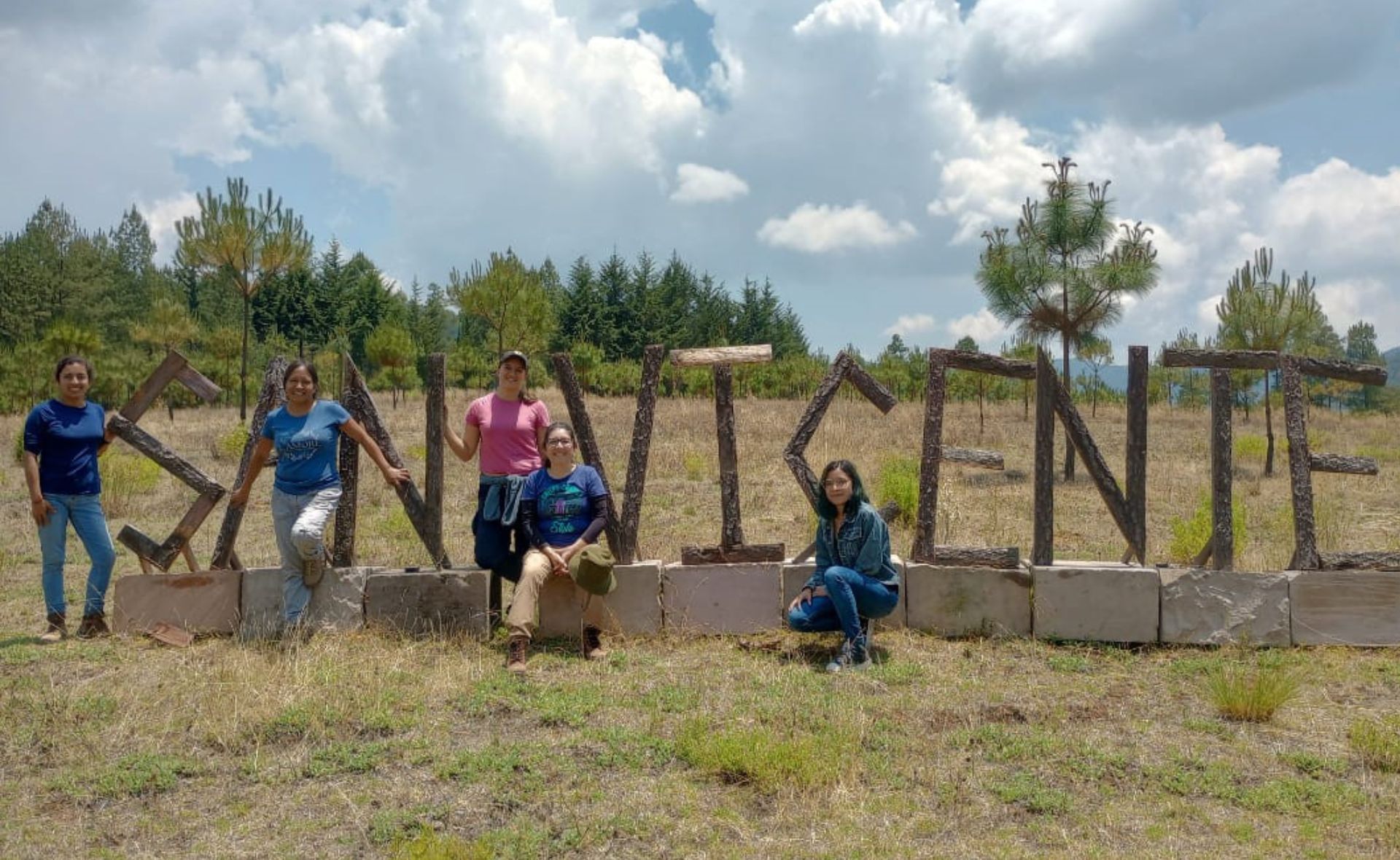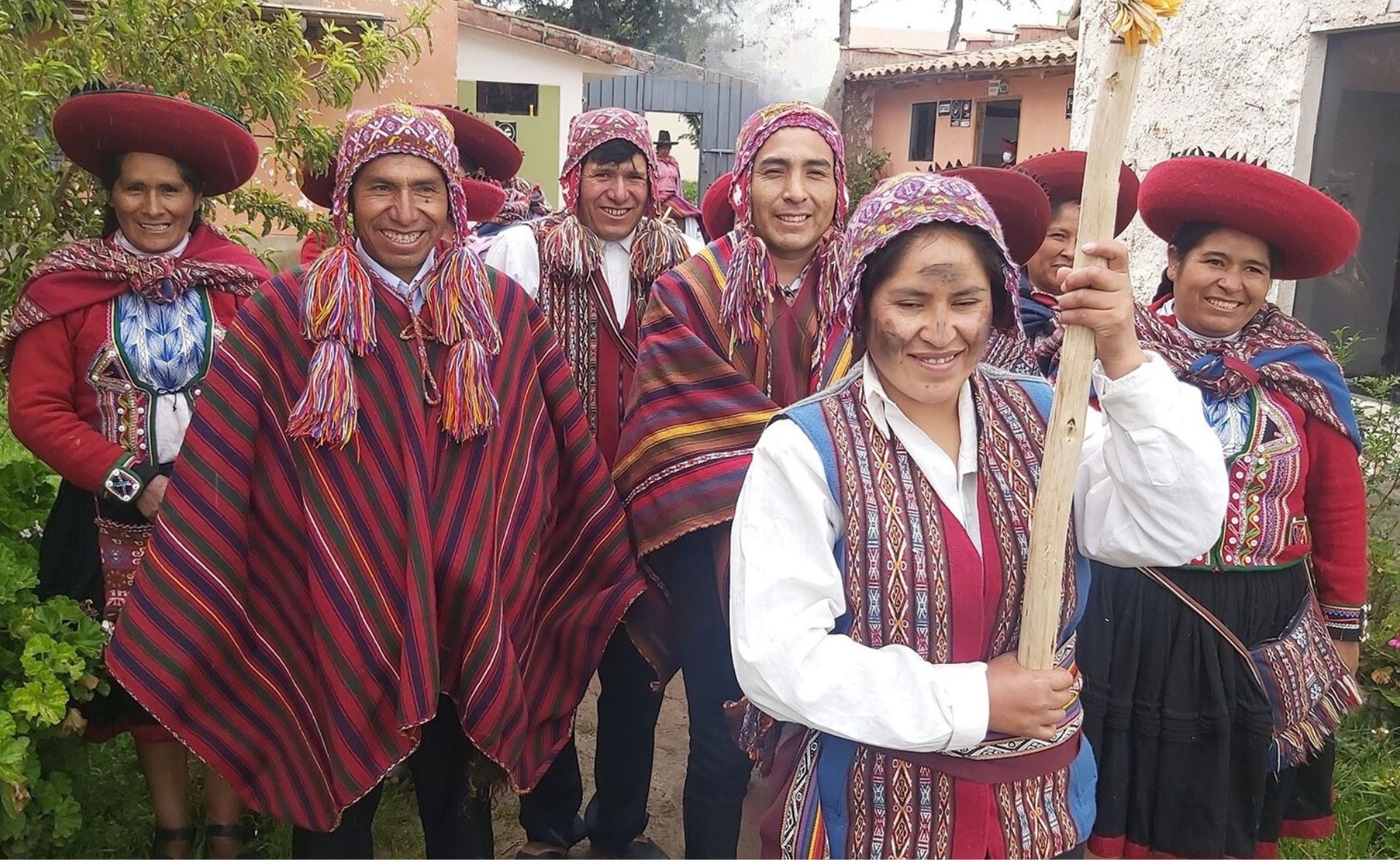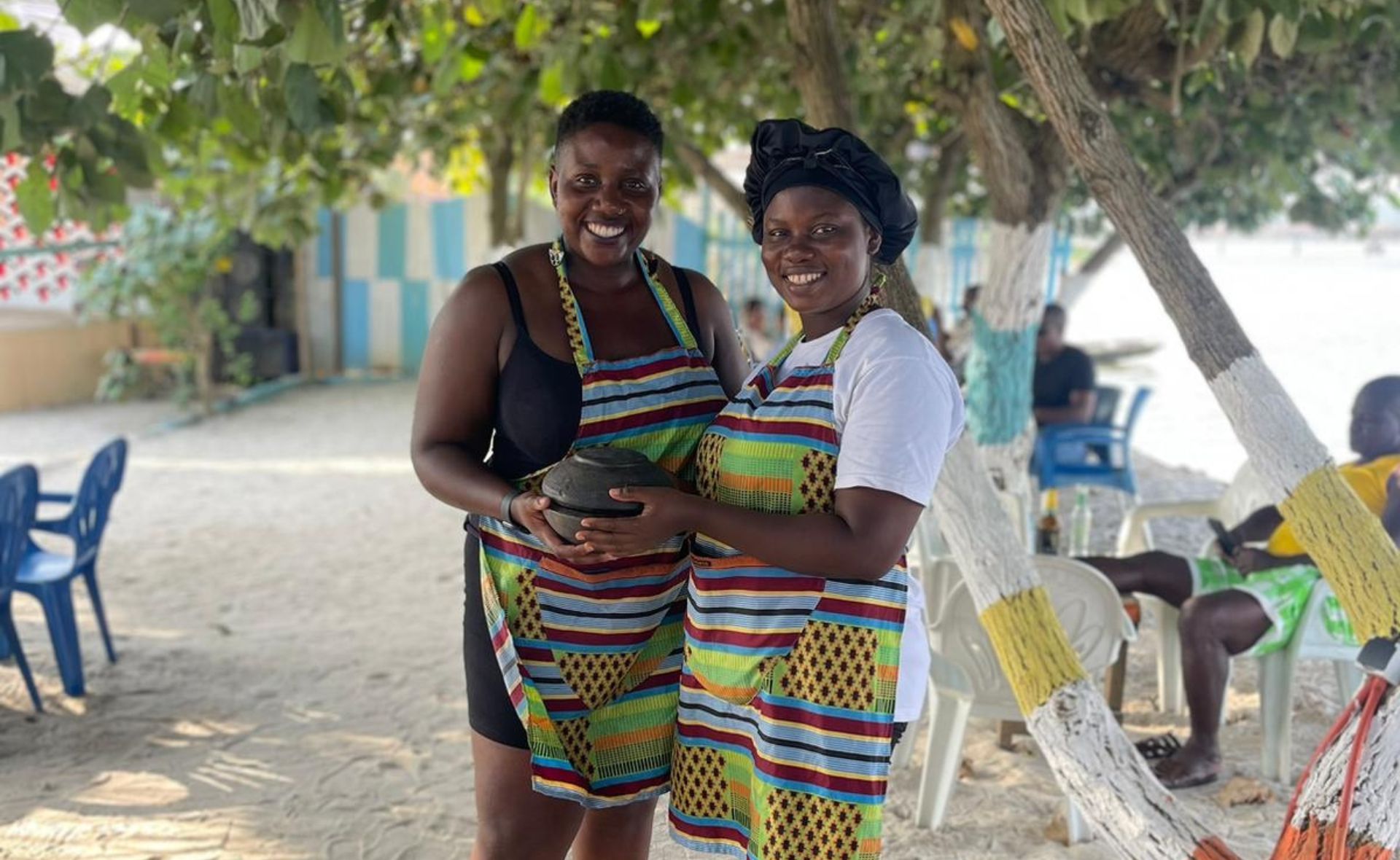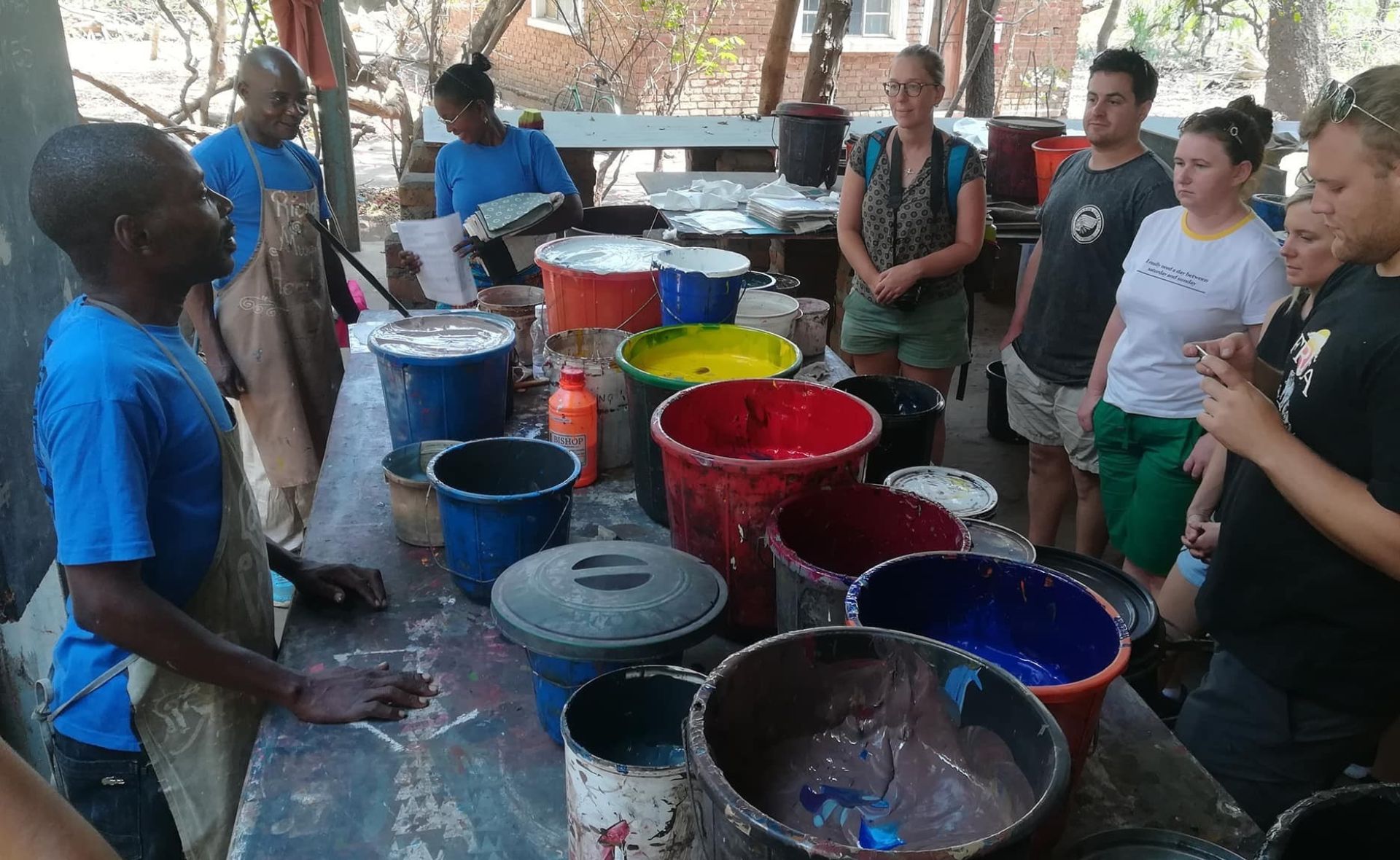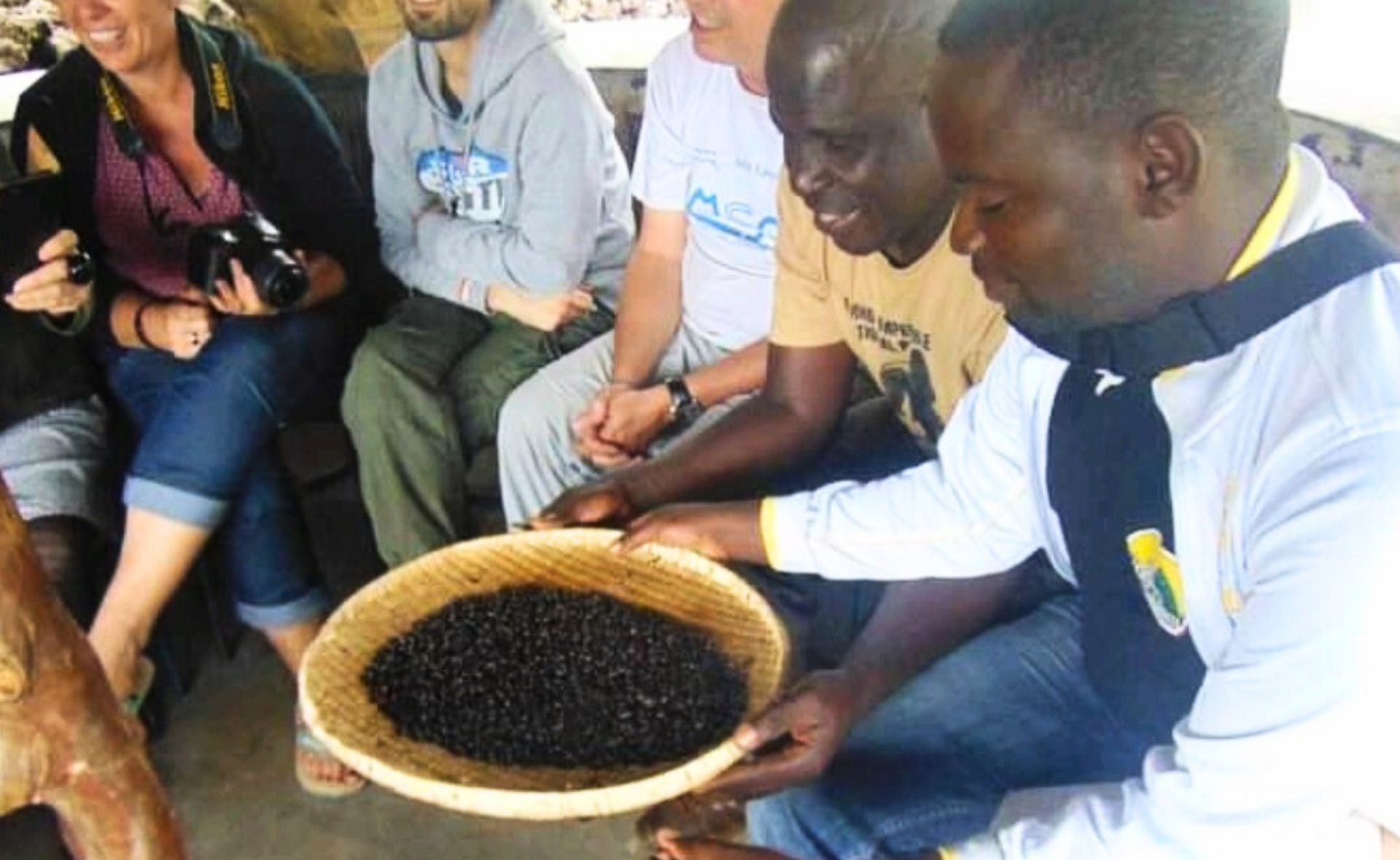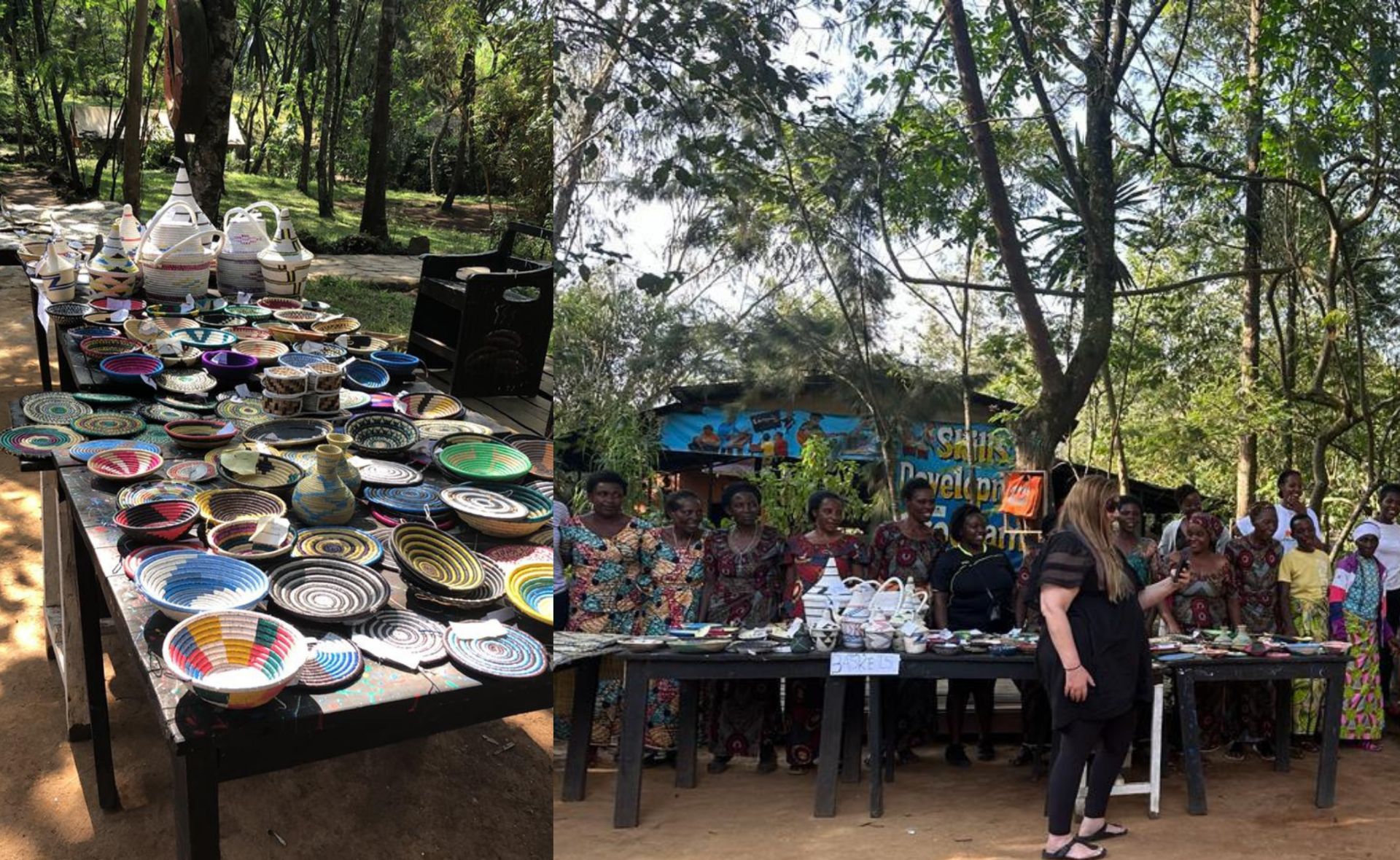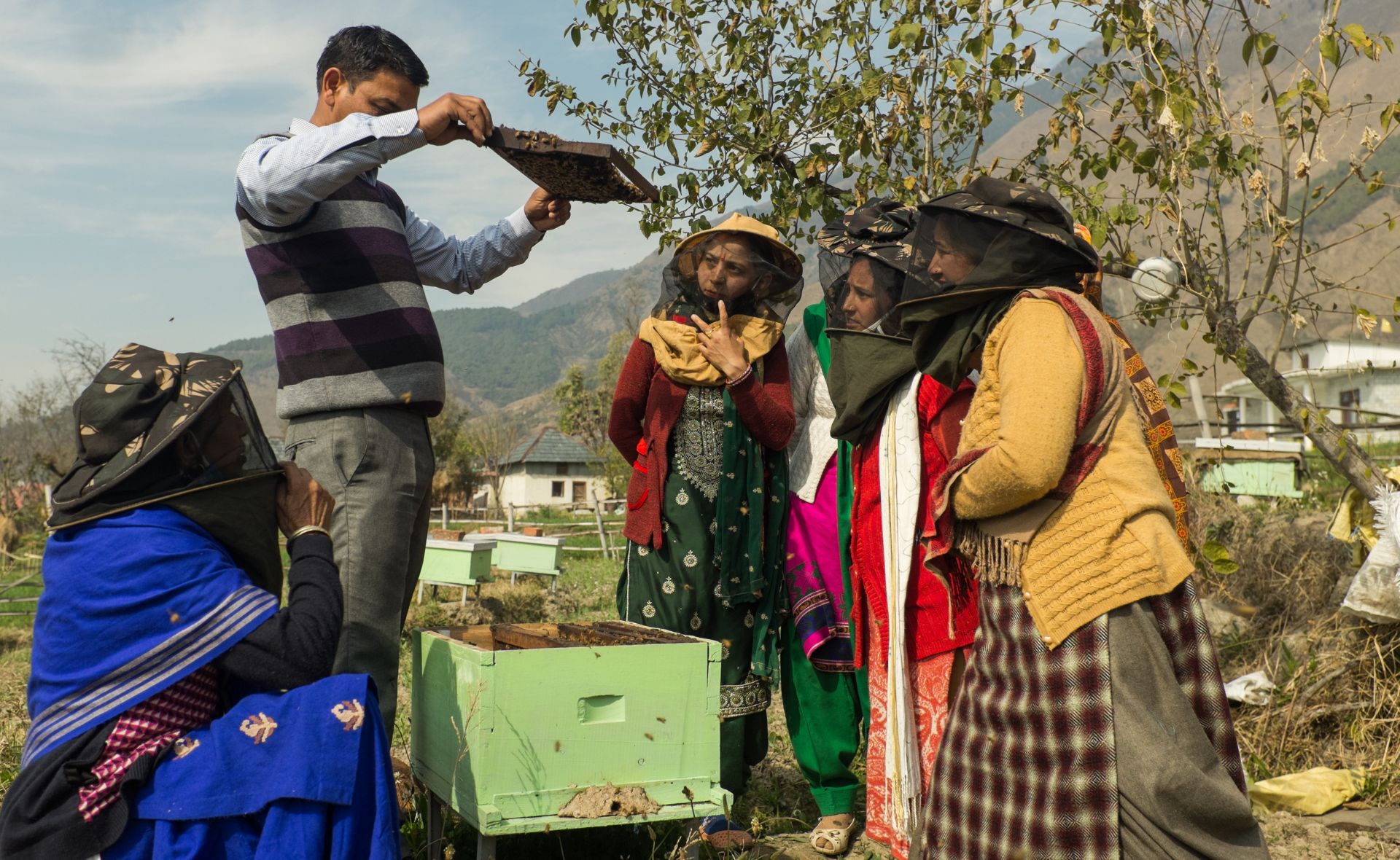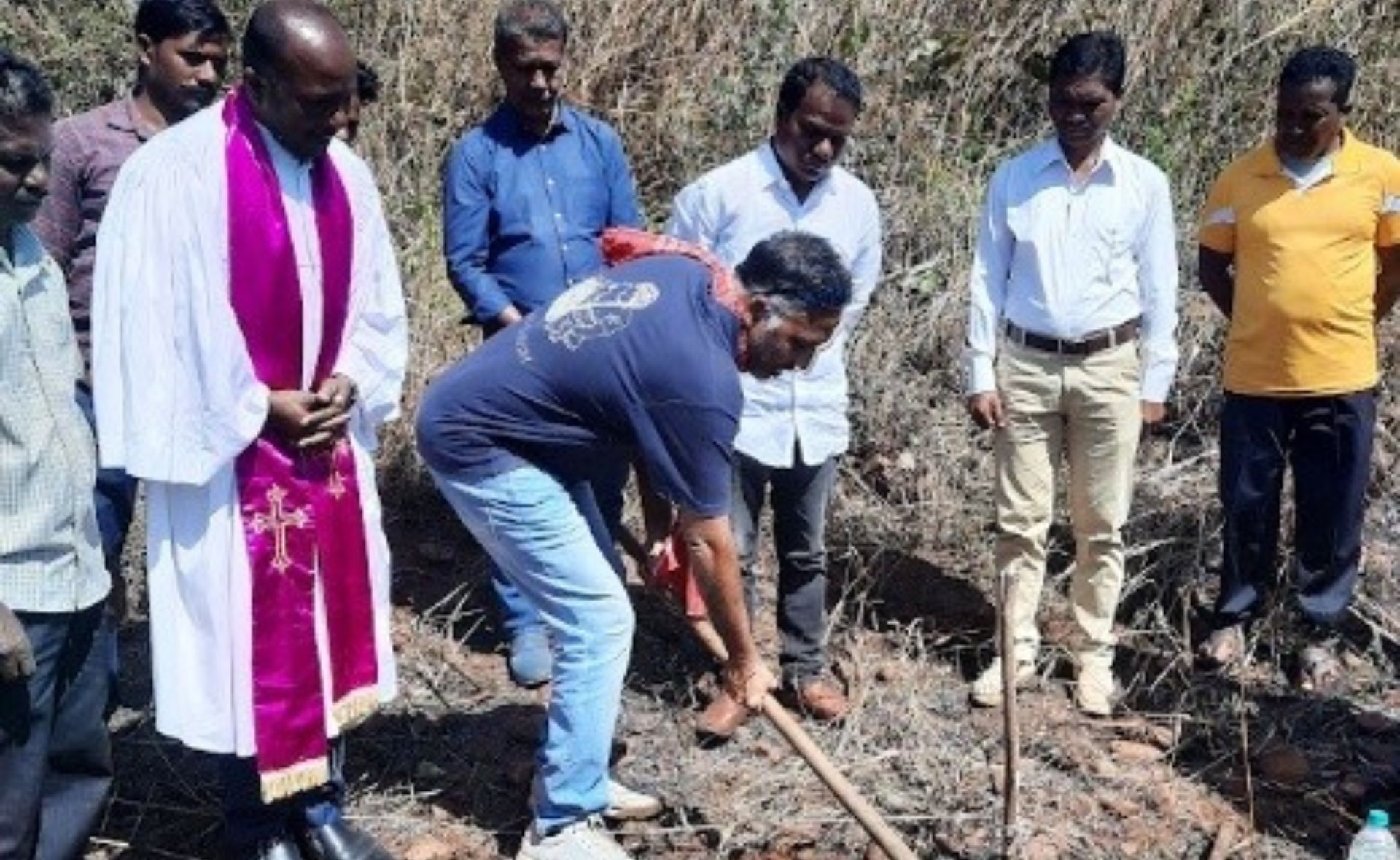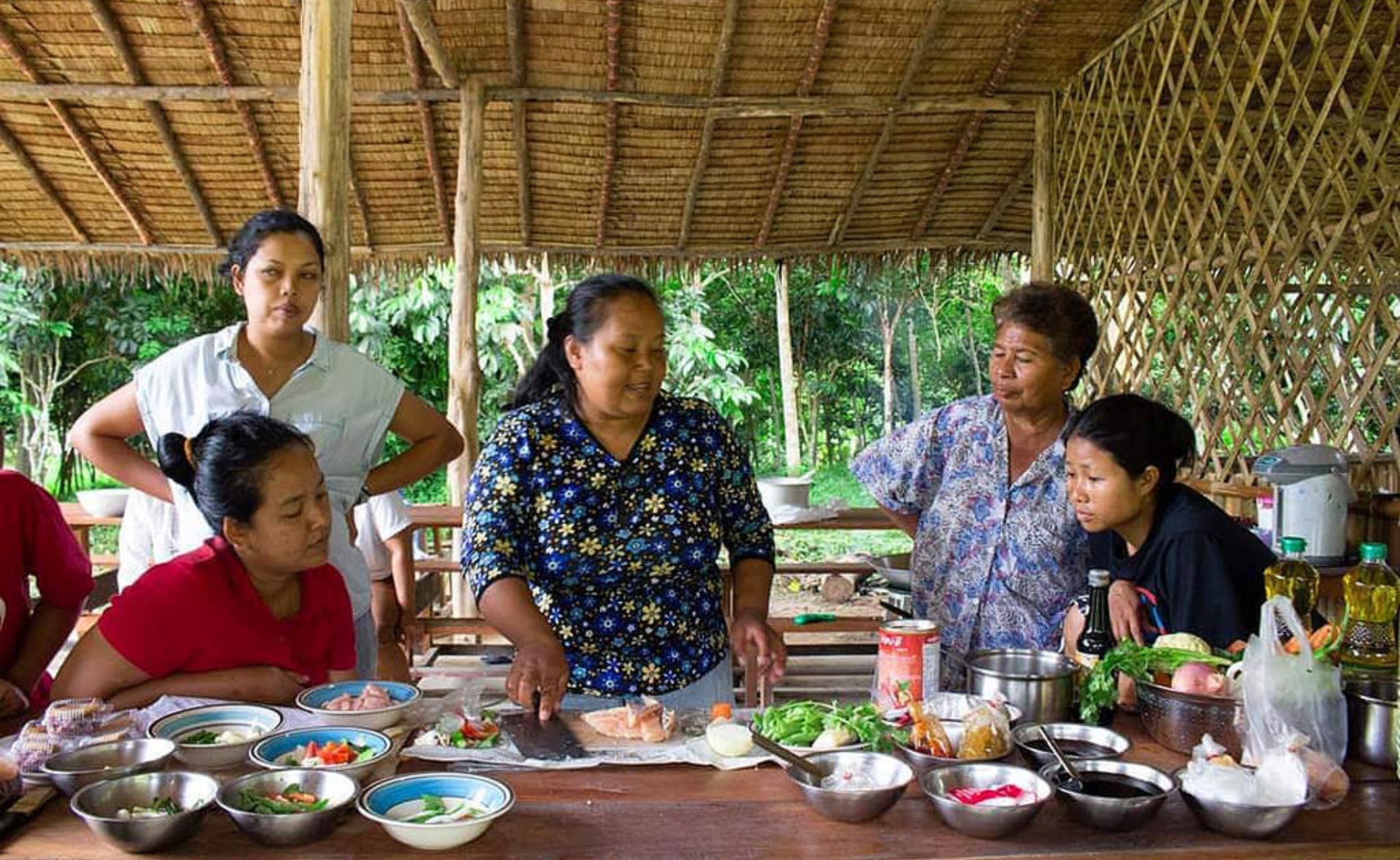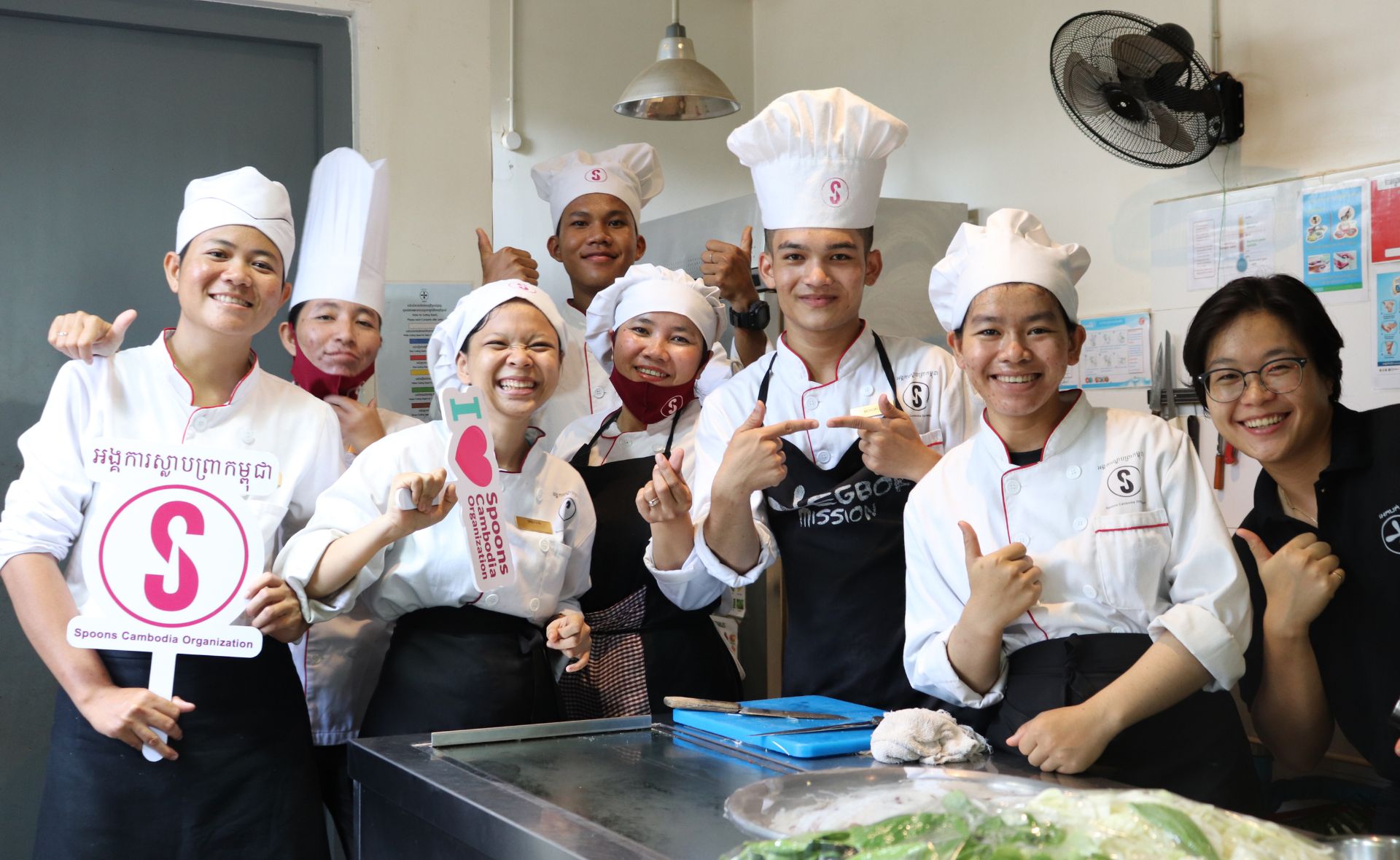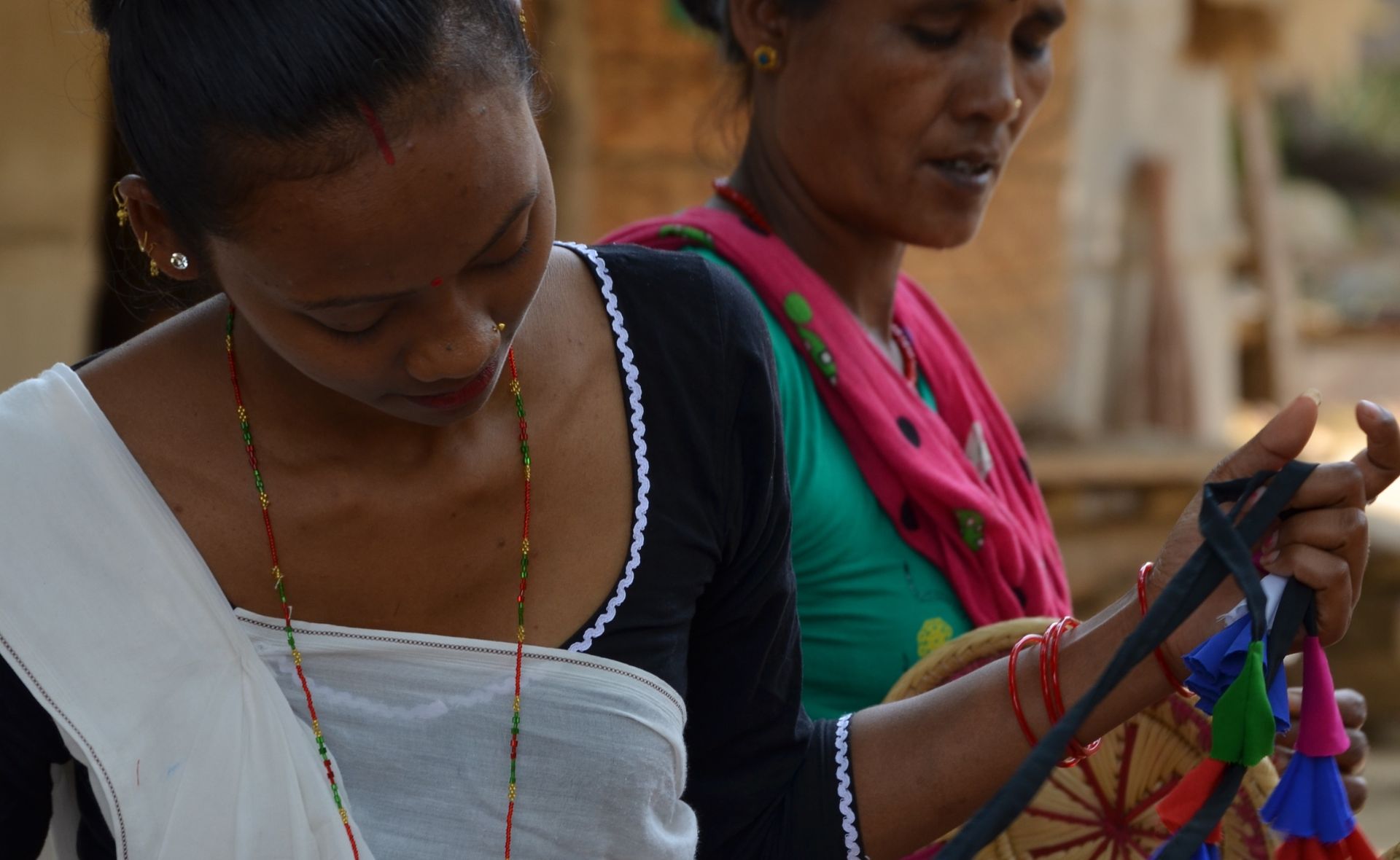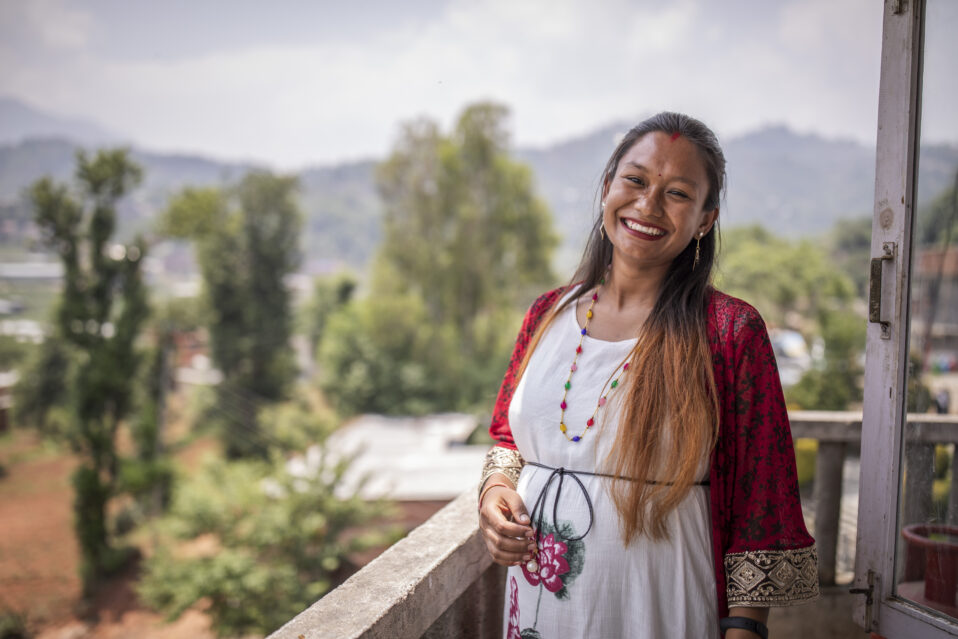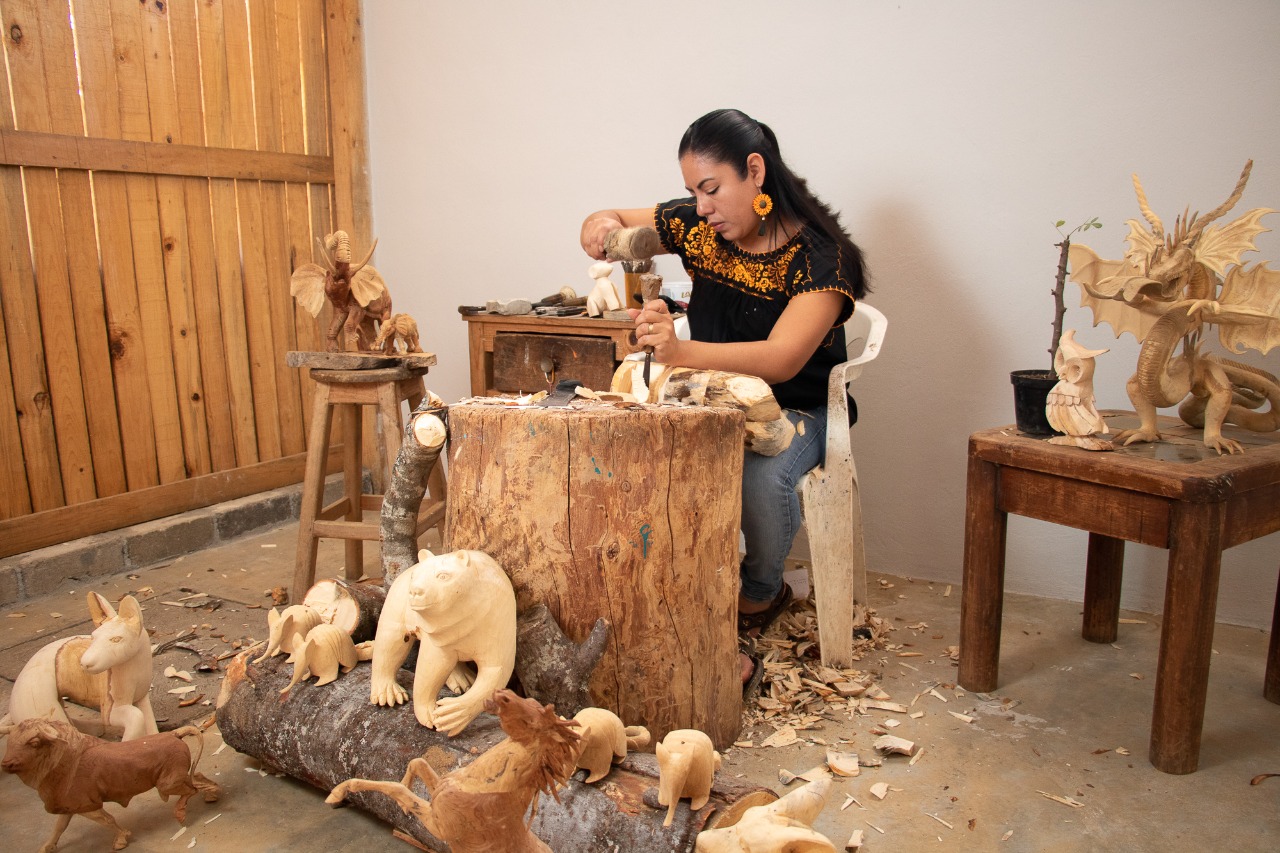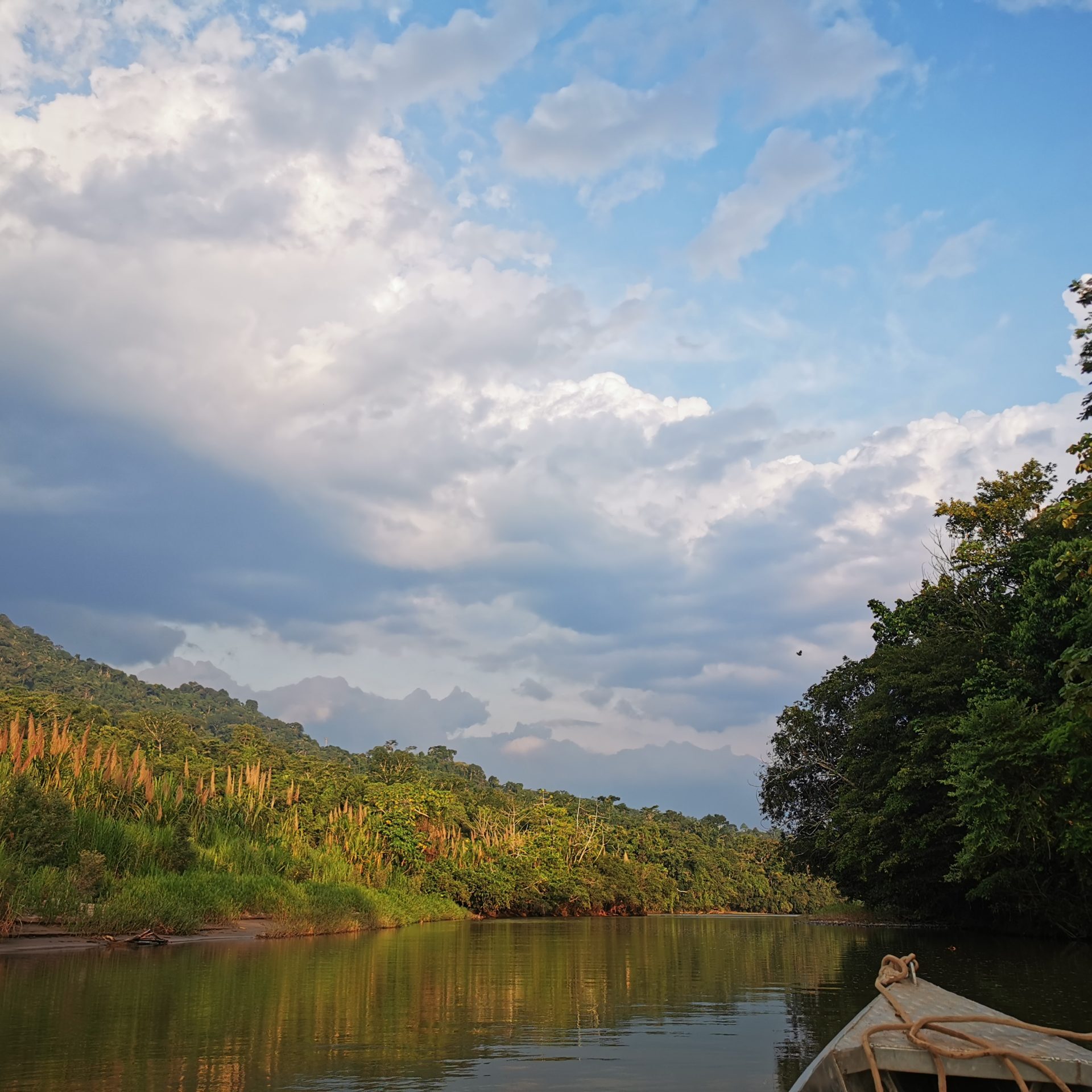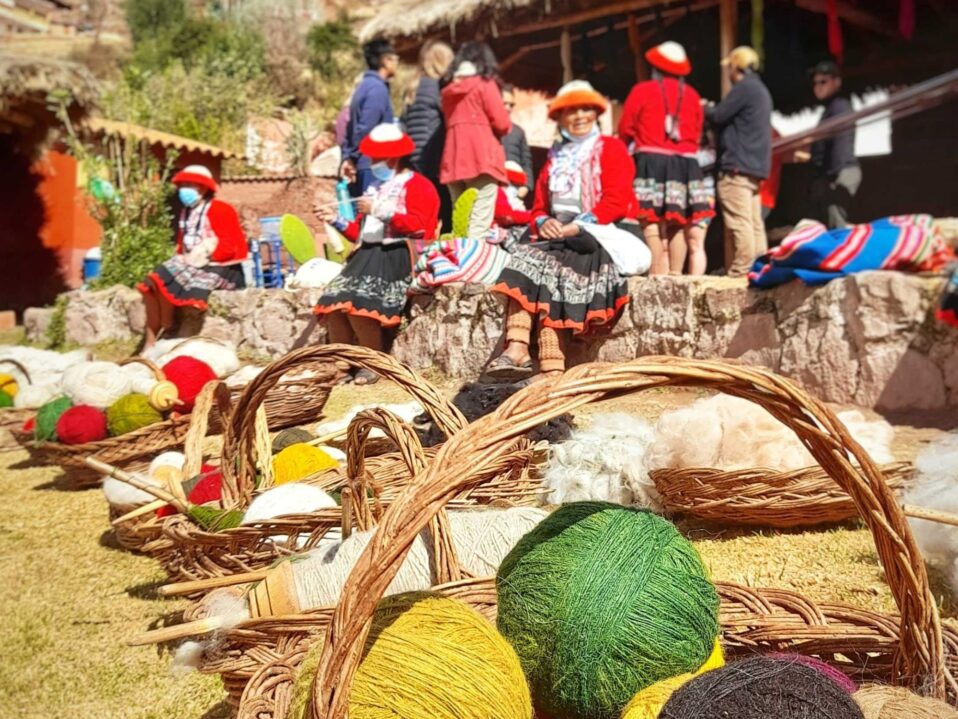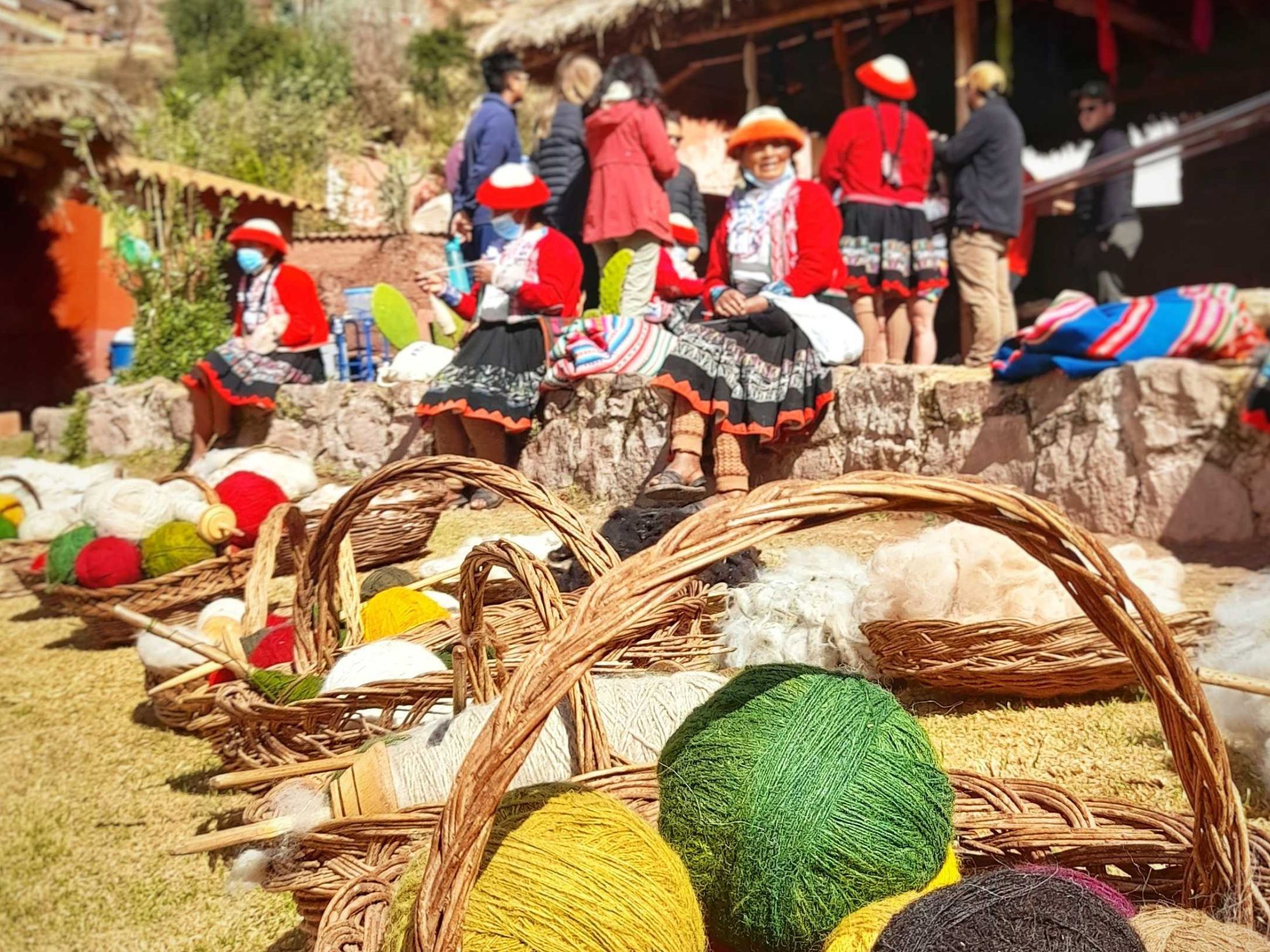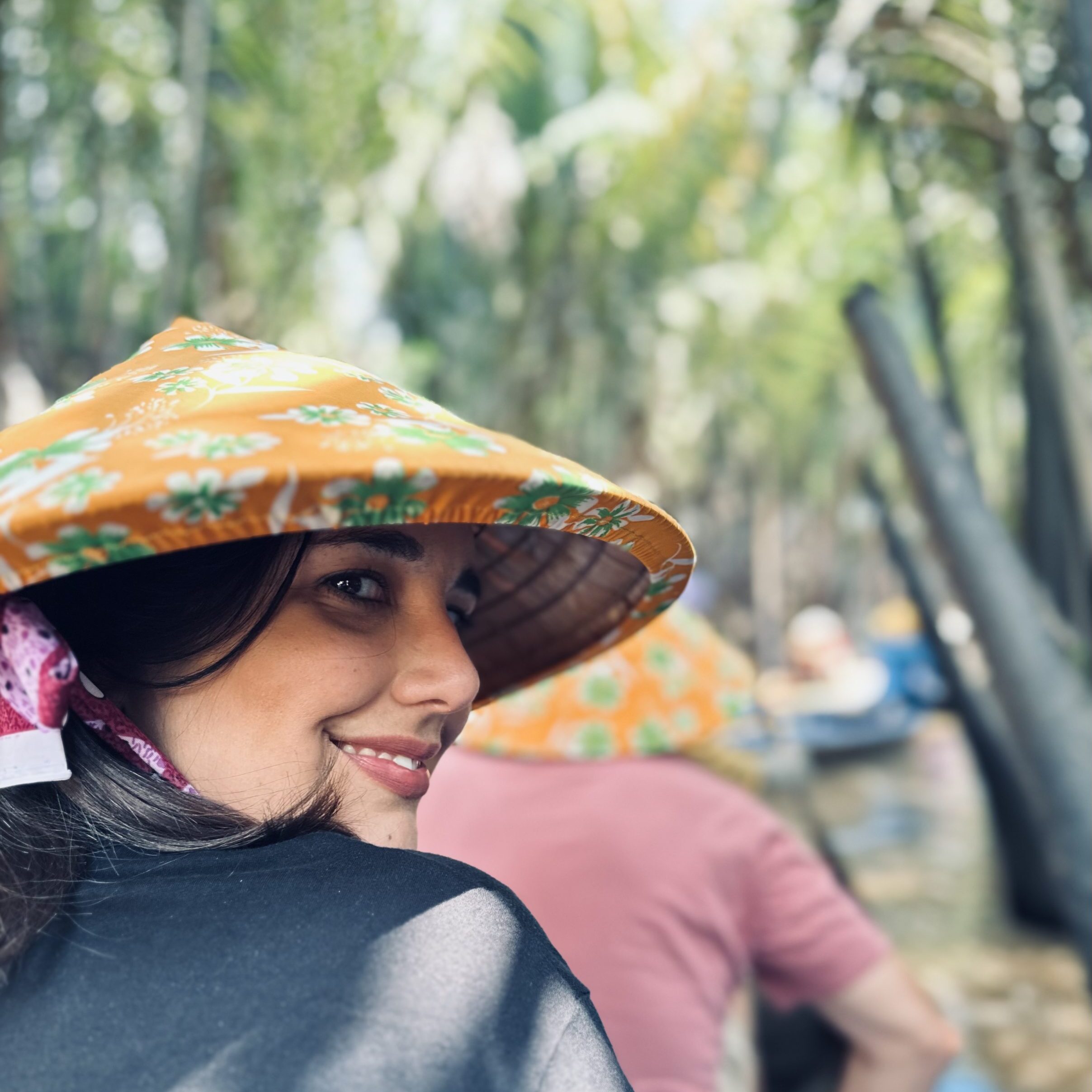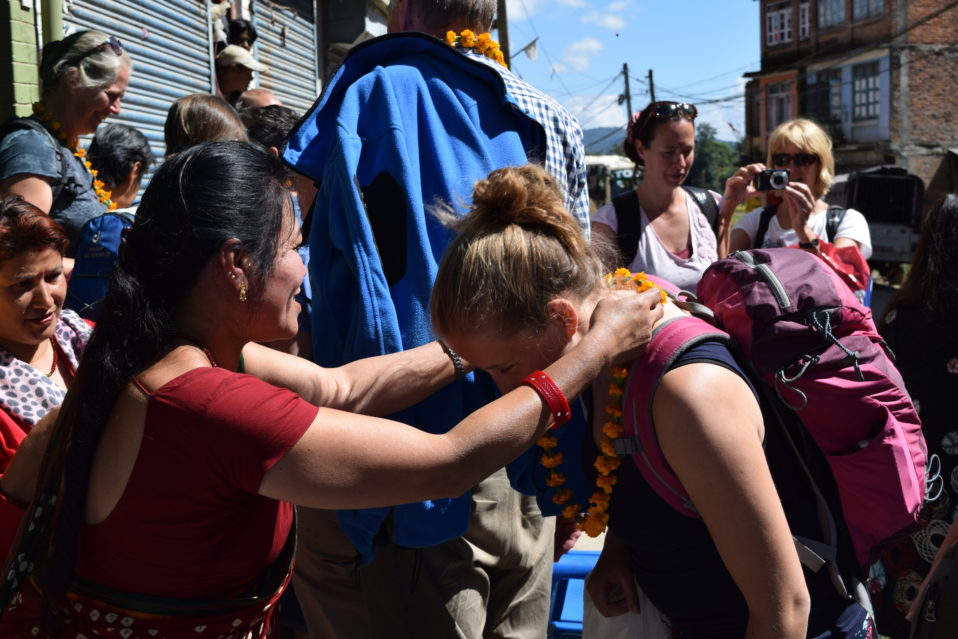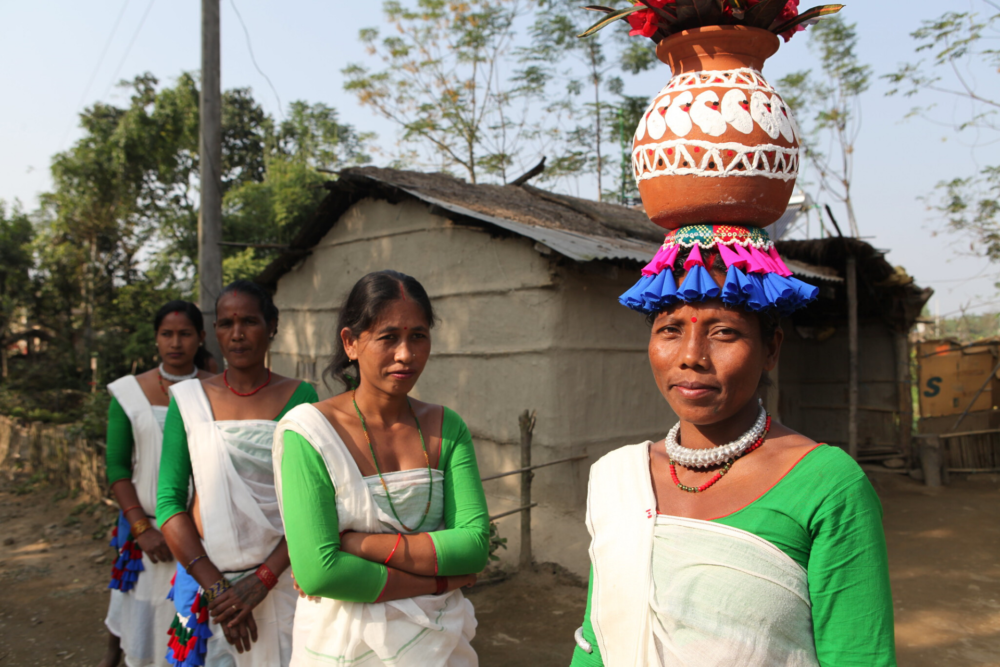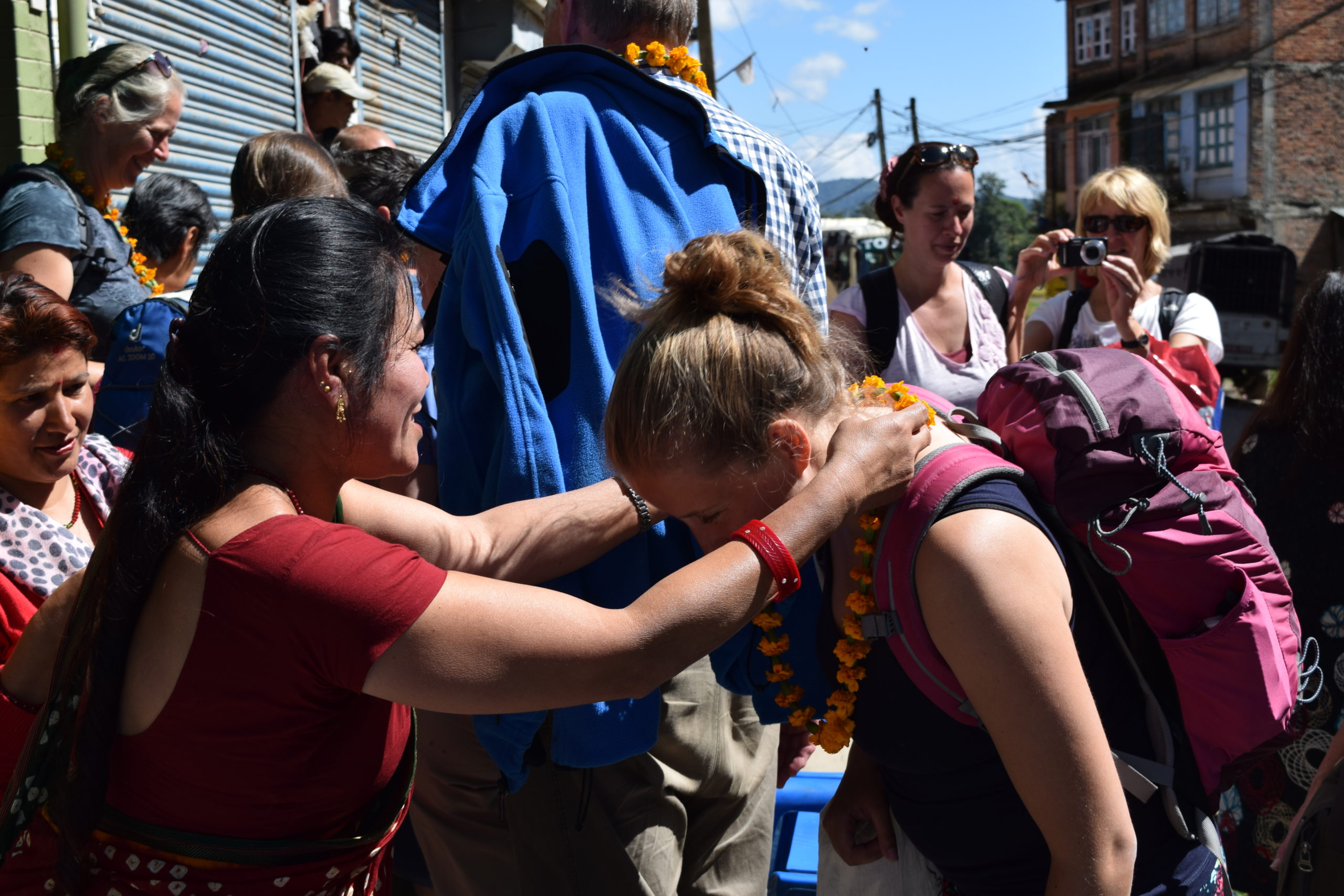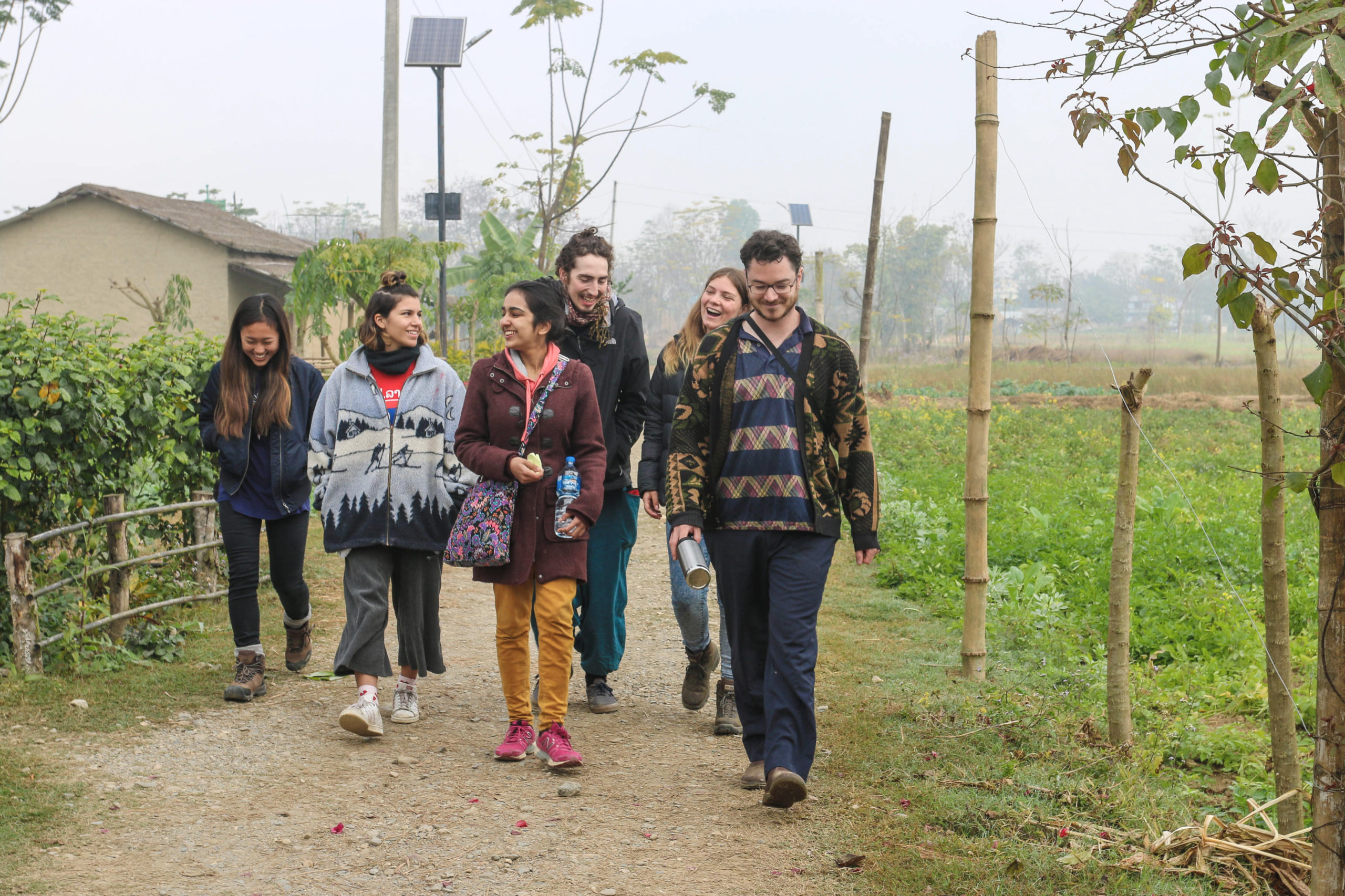Written by Deeksha Sharma – Founder and Writer at YouInVerse.
Growing up as a child, I always noticed the little things that my mother did at home. The word ‘little’ actually sounds little but these little things create huge impacts. From recycling the fruits and vegetable peels, to saving and reusing water from the R.O. or water purifier. From using plastic bottles to make her beautiful flower pots, her every small action was contributing towards a sustainable planet.
Unsurprisingly, I started celebrating sustainability from a very young age. Not only this, I have been a travel enthusiast since childhood too. Travelling has been a significant factor in shaping the way I think in life. The more I travel the world, the more I realize how similar we are despite our differences.
In today’s ever-changing world, sustainable travel is becoming a force for the good. However, there are many myths and misconceptions about what sustainable tourism is and what it is not. First, let’s define what is meant by sustainable tourism. Sustainable tourism is defined by the UN Environment Program and UN World Tourism Organization as “tourism that takes full account of its current and future economic, social and environmental impacts, addressing the needs of visitors, the industry, the environment and host communities.”
Debunking myths and uncovering facts are essential for promoting accurate knowledge and advancing both individual and collective well-being. Let me share five myths and facts about sustainable tourism.
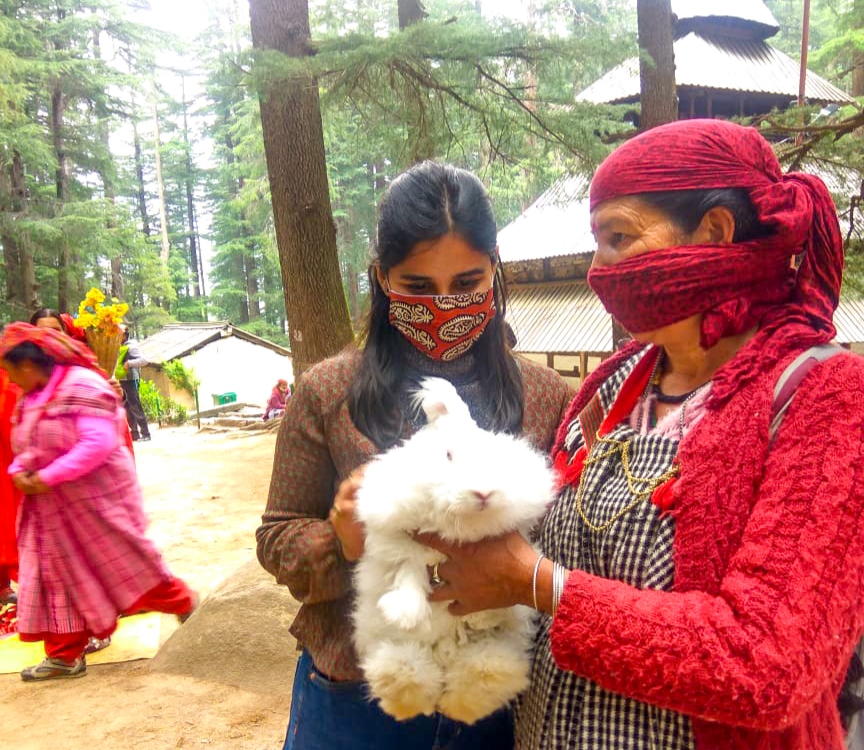
Myth 1: Sustainable tourism is ONLY about protecting the environment
Fact: Needless to say, environmental conservation is a significant aspect of sustainable tourism, however, it’s not the only one that should be prioritized. It is also about supporting local communities, preserving cultural heritage, and ensuring that economic benefits reach the local communities such that they get a fair share of their contributions.
Myth 2: One person can never make any difference in sustainable tourism
This is one of the biggest myths of all time. Every traveler can make a positive impact by making small yet responsible choices. These include – supporting small-scale local businesses, reducing plastic and other waste, mindfully spending on tourism activities, conserving natural resources, and respecting local cultures. Even a small action can create a global impact. When more people act as responsible travelers, the collective impact is significant.
Myth 3: Sustainable tourism is for the rich and wealthy
Fact: Sustainable tourism caters to all pockets. It can be affordable and accessible to travelers with diverse budgets. You can immerse yourself in eco-friendly accommodations or luxury hotels that prioritize sustainability. You can choose to travel by public transport or private transport with lower emissions. Sustainable tourism is for everyone.
Myth 4: Sustainable tourism only caters to the nature lovers
Fact: Sustainable tourism is for everyone, and you don’t need to be in a forest or a beach to enjoy it. You can immerse in sustainable tourism experiences even in cities, museums, luxury resorts, or remote villages.
Myth 5: Sustainable traveling restricts your experiences
Fact: Sustainable travelling never restricts anyone’s experiences. Interestingly, it can surely enhance your travel journeys by connecting you with local cultures, traditions, and authentic experiences. Sustainable tourism offers what mass tourism often overlooks.
Sustainable tourism is about making conscious choices that prioritize the well-being of all – environment, people and communities. Banishing the myths can help promote a greater and much better understanding of the significance of sustainable tourism. It’s time that we take only memories and leave only footprints. When our planet does so much for us, what are you doing to keep this planet sustainable?
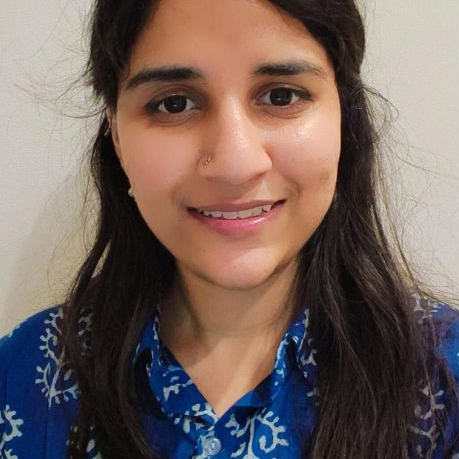
About the author:
Deeksha (she/her) is an international development sector professional with a keen focus on sustainable travelling and storytelling. She is passionate about finding creative ways to lead social change and making a positive contribution to both global and local communities. In her award-winning blog, YouInVerse, she creatively covers stories of travel, culture, sustainability and well-being from India and around the world. She strongly believes that there are stories everywhere and we should keep discovering the ones that inspire us to be better humans. Deeksha is a travel enthusiast and a passionate writer who believes in the power of storytelling for a peaceful and more compassionate world. She enjoys long walks, stargazing, reading and writing poetry, and will be delighted to have you visit her blog and read some stories.
Follow Deeksha on LinkedIn!


